The last half of June, 2016, I volunteered as an hospitalera in the parochial donativo albergue in Grañón, a village located in the La Rioja region of Spain. The closest major centre along the Camino would be Santo Domingo. If you are planning to walk the Camino, I highly recommend staying here in Grañón.
What made my experience special?
My volunteering experience was unforgettable, mostly because of the different groups of pilgrims who walked in each day. Even though I was finished walking my Camino, the Camino came to me. Each pilgrim that I spoke to had a unique story. It was wonderful to hear the different reasons why people were walking. I will share a few of those in my next post called, Pilgrim Stories.
We Hospitaleros
Running an albergue is a huge job, especially when it never closes. We needed to be prepared for pilgrims arriving at any time of day or night. We had a few even arrive at midnight one night. Luckily, we hospitaleros made a great team and worked well together. Francisco (second in from right) was with us for a few days, but for the remainder of the time Angela (left) and I (middle) managed things.
Morning Routine
Each morning we were up at 6:00 am to prepare breakfast for the pilgrims. It was continental style with bread, butter, jam, fruit, little muffins and cookies. We prepared the coffee percolators the night before, so we only had to light the stove in the morning to get it going. We also boiled water for tea and warmed up a pot of milk for the coffee. We shared breakfast with the pilgrims and then saw them off with big hugs and “Buen Caminos”. It wasn’t until the last one was on their way that we started cleaning.
The Cleaning Process
Cleaning an albergue with four floors takes time. Each day, we swept and mopped all the floors and steamed the wooden ones in the sleeping loft, including the walls and ceiling, for bedbug prevention. We also steamed the ceilings in the main floor washrooms. You can never be too careful. Bedbugs can travel in backpacks. With new pilgrims arriving each day, it was important to be proactive.
Three bathrooms, two with shower stalls, were scrubbed down daily. We also took out the garbage and recycling, did laundry and grocery shopped for the communal breakfasts and dinners.
Breaks
After we finished cleaning, we had time to wash up and relax a bit. We took turns having breaks, so that one of us was always there to greet pilgrims if any arrived early.
On my breaks, usually two hours or so, I would walk on the Camino and enjoy the beauty and peace. I always kept an eye out for the 555-kilometer marker, which was important to me. You can read about that in my post titled, The Three Fives.
On one excursion I witnessed what I jokingly call the Tour de Grañón.
Spanish Celebrations
I was also lucky to witness the San Juan Festival. It happens on June 23rd and involves fire jumping and a water fight.
Of course, pilgrims also enjoyed taking part in drenching the village kids with bottles or buckets of water! Much fun was had by all.
Trust!
It was nice to return to the albergue refreshed and relaxed after a break, but as you can imagine, running one that is open 24-7 is really draining so sometimes a longer break is required!
Marina, the albergue’s monitor, took us to Haro one day to prove to us that the albergue could run on its own; that it’s okay to take longer breaks, or even simultaneously, from time to time. “Trust!” she would always say stressing the fact that pilgrims will figure things out without us.
She was right! Upon our return, the albergue was operating just fine. Pilgrims had signed themselves in, got set up with a sleeping mat and were relaxing in the living room or outside in the courtyard.
Greeting Pilgrims
Often pilgrims appeared at the top of the stairs looking tired and stiff. We welcomed them to the albergue with a “Bienvenido!” and a smile. The pack would drop to the floor and he or she would gladly surrender their spent body to the cushioned arm chair sitting next to the old wooden desk. You could always tell the severity of the day’s walk by they way one plunked themselves down, and the sigh that followed.
Each day, before pilgrims arrived, we prepared jugs of cold water infused with lemon and mint. It was much appreciated, especially on the hot days. We’d offer each pilgrim a glass upon their arrival.
After asking each pilgrim about their day and how their body was holding up, we explained the albergue. Luckily, this information was posted on the bulletin board in different languages. Not all pilgrims spoke English, and my Spanish is minimal, so this helped me explain the albergue and its processes when there were language challenges. I was amazed at how many Italian pilgrims there were!
Normally, an albergue has a physical stamp that is placed in a pilgrim’s passport, however this albergue doesn’t have one. There is a reason why which pilgrims found out about later at oración. Instead, there is something more personal that we call, the special stamp of Grañón.
The Albergue Atmosphere
The ambiance of this albergue is very homey. A home away from home for a night, I would often hear. A comfy living room naturally made pilgrims want to gather. Music filled the space often.
Even though pilgrims aren’t typically supposed to stay for more than one night, occasionally we allowed one to stay an extra night if there was a good reason and if they helped out. We especially loved the ones who cooked!
What makes this albergue run so well?
The great thing about the donativo parochial albergue in Grañón, is the sharing involved in the way that it operates. There is much collaboration between the hospitaleros and pilgrims. It seems to come naturally. Often, in the afternoon pilgrims would ask if they could help with anything. We’d gladly hand out cutting boards, knives, large bowls, heads of lettuce, tomatoes, onions, cucumbers, etc. and have pilgrims chopping and preparing salads on the table.
Sometimes pilgrims took over the entire kitchen!
Pilgrims with skills loved to show off what they could do, like this pilgrim (below). He was a coordinator in a hotel. He had the other pilgrims so organized in the clean-up process after dinner, that it was mind-boggling!
Desserts: An Opportunity for Entertainment
Dessert was sometimes fruit and yogurt or sometimes it was something more elaborate like bread pudding or baked apples. There was always collaboration when crafting something special.
This pilgrim got creative and drew a Camino scallop shell symbol in drizzled honey on our bread pudding dessert.
My absolute favourite desserts were ones that you had to bake and not just because they were delicious. The oven in our albergue didn’t work so we had to take our creations to Susanna’s bakery down the street called Panaderia Jesus. Susanna would gladly bake them for us, but in order to get them back, our group of pilgrims would have to sing.
To prepare for our performance, we would first brainstorm and then decide on a song that everyone knew. Then we practiced it in the courtyard.
When we were ready, we walked over to Susanna’s bakery and performed.
This performance was an absolute ball! We began with John Lennon’s, Let it Be, however one song is never enough for Susanna. Luckily, we had practiced a backup song, the Black Eye’d Pea’s, I’ve Got A Feeling. I think Susanna was enjoying the energy of this group so she asked for one more. The Koreans took the show away with Gangnam Style, dance moves and all. I’ll never forget this afternoon!
Susanna picked three pilgrims to follow her inside to retrieve the dessert and boy did the gang ever come out stylin’! Everyone was on a high from all the excitement!
The pilgrim camaraderie was a beautiful thing to see.
We were all rewarded with a dessert made with lots of love and with the collaboration of pilgrims!
Communal Meals and Preparation
Pilgrims helped us set the tables for dinner before going to the pilgrim’s mass at 7:00 pm with Father Jesus, who oversees this parochial albergue. During that time, we made the final preparations for the communal dinner.
At 8:00 pm, everyone sat down. We hospitaleros introduced ourselves and then explained the history of this special donativo albergue, which used to be part of the church, and that the reason why the albergue is so successful is because of the collaboration. It is run by pilgrims for pilgrims. Although the albergue never turns anyone away, for any reason, it operates all year long solely on donations. After a prayer, usually given by a pilgrim, we would dig in and share wine, conversation and laughter. This kind of sharing is what was always so special to me on my own Caminos.
Sometimes the dinner table was just two tables end-to-end and sometimes it was six placed around the room in a horseshoe. Our largest night was 49 pilgrims.
The After Dinner Clean-Up Process
Clean-up after dinner was interesting and often had at least one pilgrim pulling out their phone to record the process. Before everyone was done eating we’d fill up large pails of hot water in the shower stalls. On a big night, we’d fill up four. Two would have soapy water and two wouldn’t. Then we’d ask four strong people to come and help carry them out to the tables. Each table would have a pail of soapy water and rinsing water on it. It worked kind of like an assembly line. There were the washers, rinsers, dryers and those who would carry the dishes back to the kitchen and hand them to us to put away. It was great! Clean-up happened quickly while pilgrims talked and laughed. Finally, the table cloths were wiped down and folded and the tables, broken down and put away.
Oración: A Special Experience
During this time, I slipped away and prepared for oración in the church’s choir loft.
Oración was such a sacred experience. We sat in a circle around the room, some in the wooden throne-like seats and some on benches. We started with a moment of silence so everyone could reflect on their day. Then we lit a pillar candle and explained that they were all part of an unbroken chain of thousands of pilgrims who had sat in the same place before them, each holding a pillar candle and sharing something of themselves. Now, they would also have an opportunity to do the same and then pass the candle to the pilgrims of tomorrow.
I began with my own story and then passed the pillar candle to the pilgrim on my left. Each pilgrim held the candle and shared, in their own language, whatever they wished whether a story, a song, a prayer or even silence. It was often an emotional experience for many. I’ll always remember the Korean woman who told her story in her own language. I didn’t understand a word she said, but I was brought to tears. It was the most special experience and my most favourite time of the day. We would end oración with the pilgrim’s prayer, Blessings on Your Journey, and give the secret stamp of Grañón, but you’ll have to go there to find out what it is! 😉
How to Volunteer
Volunteering as an hospitalera was hard work, but extremely rewarding. If you are interested in the experience, contact your local Camino community and inquire about an hospitalero training program. I took mine over one weekend with the Victoria Chapter of the Canadian Company of Pilgrims.
To see more photos of the parochial albergue in Grañón and my experience there, see my Volunteering in Grañón gallery.

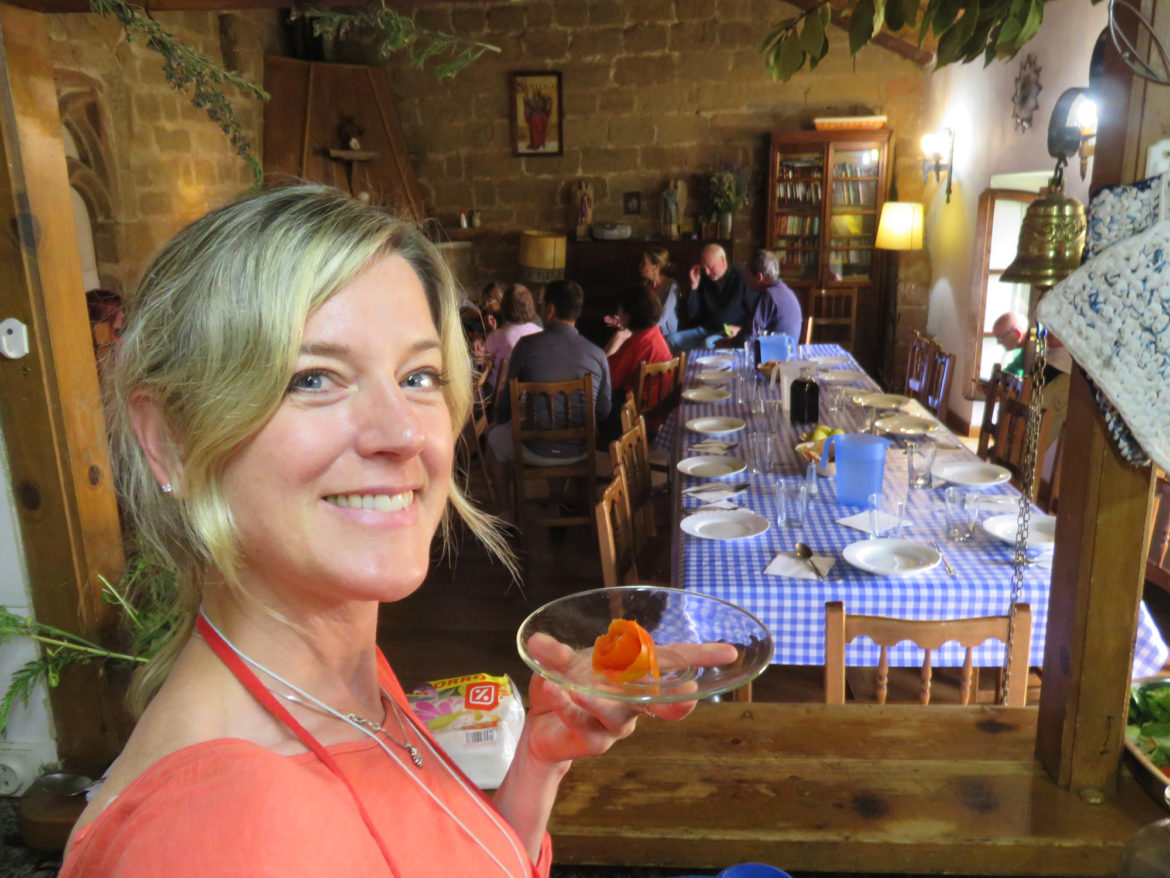
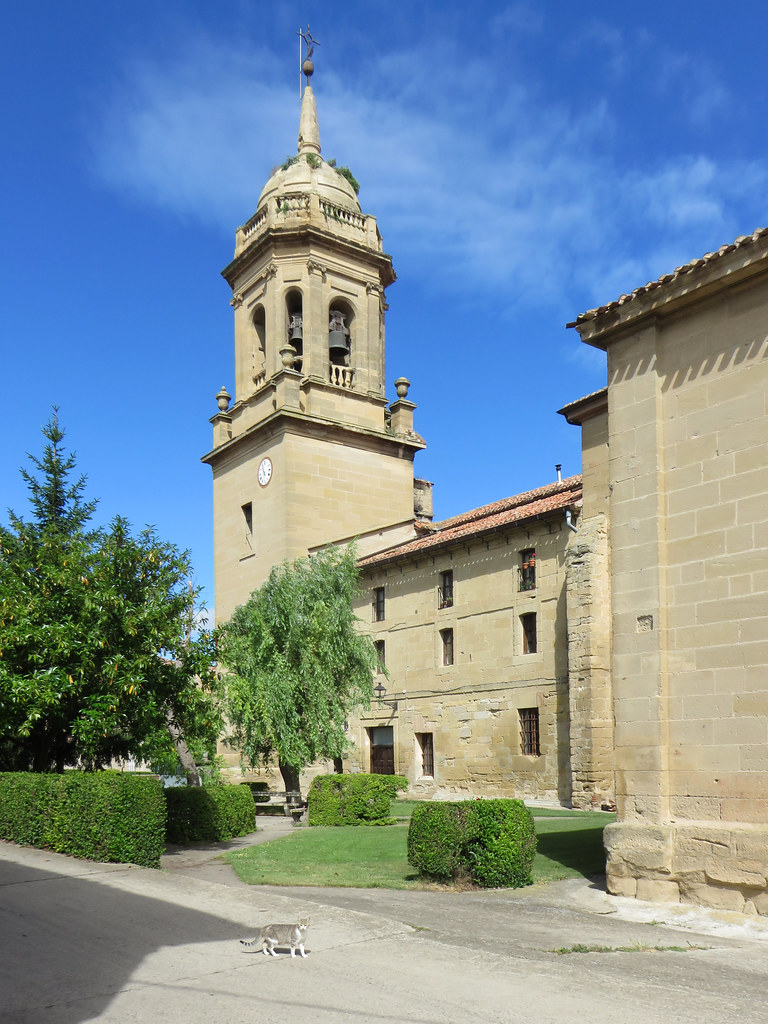
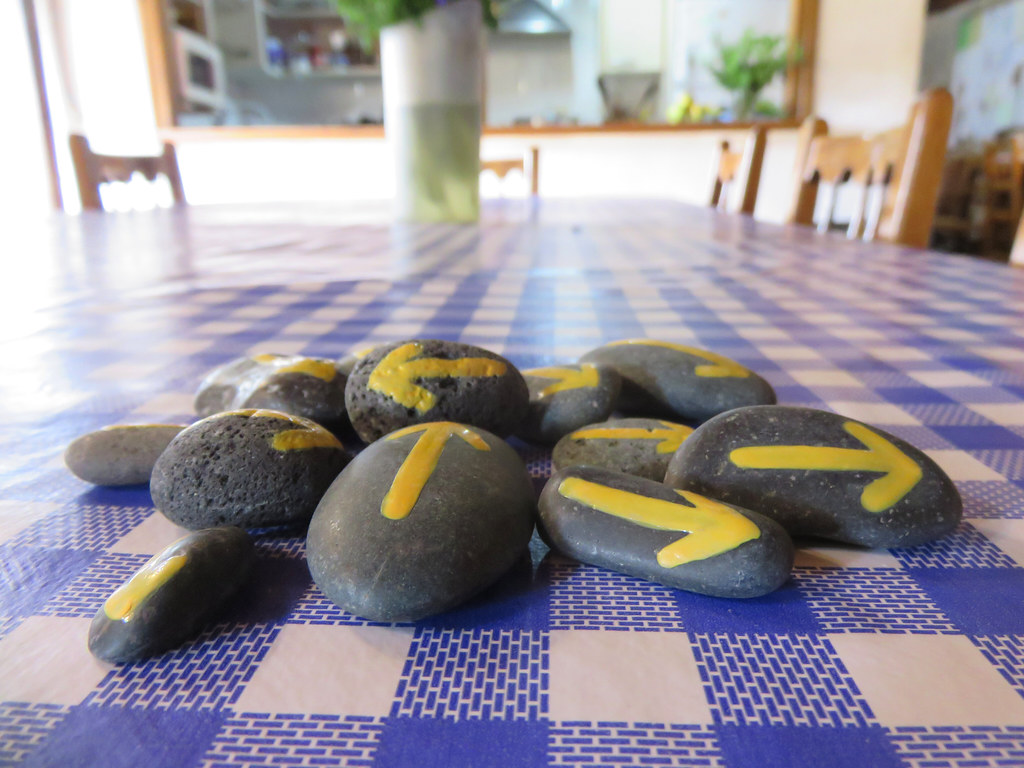
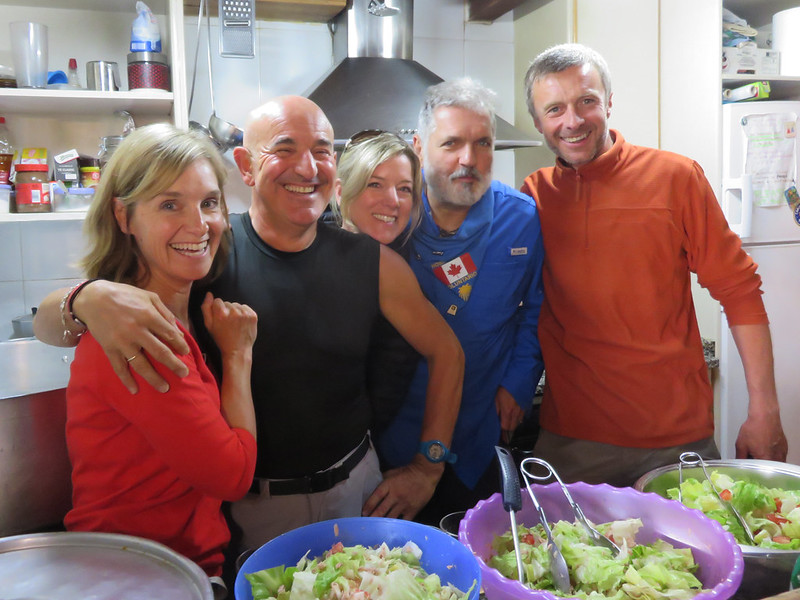
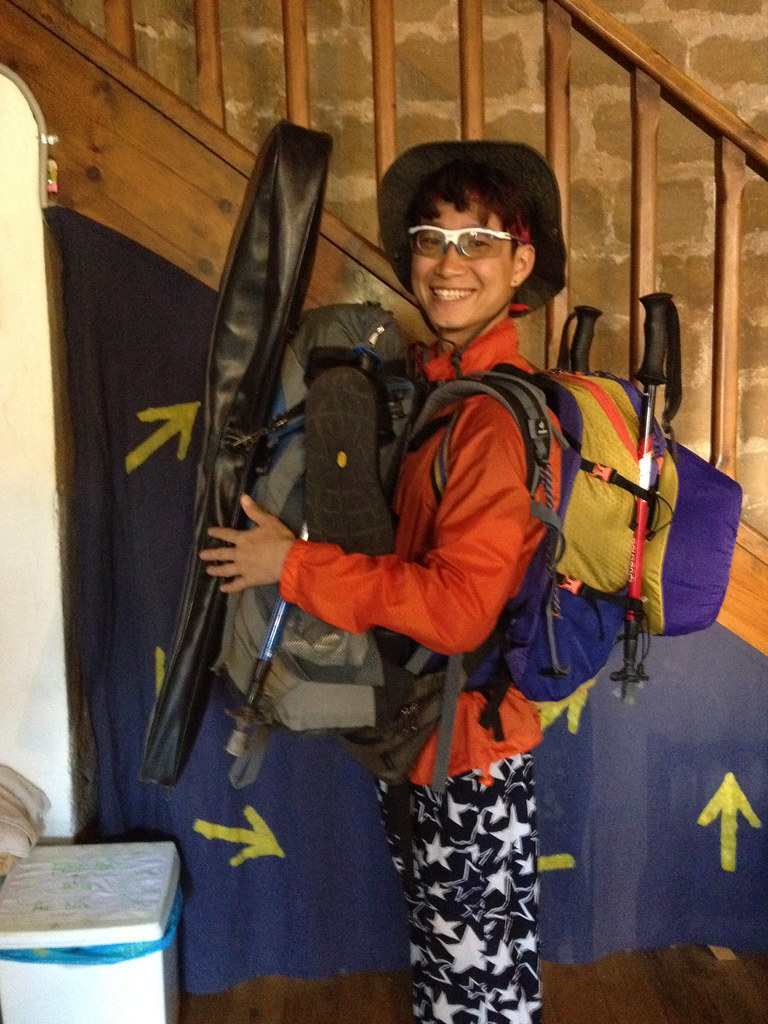
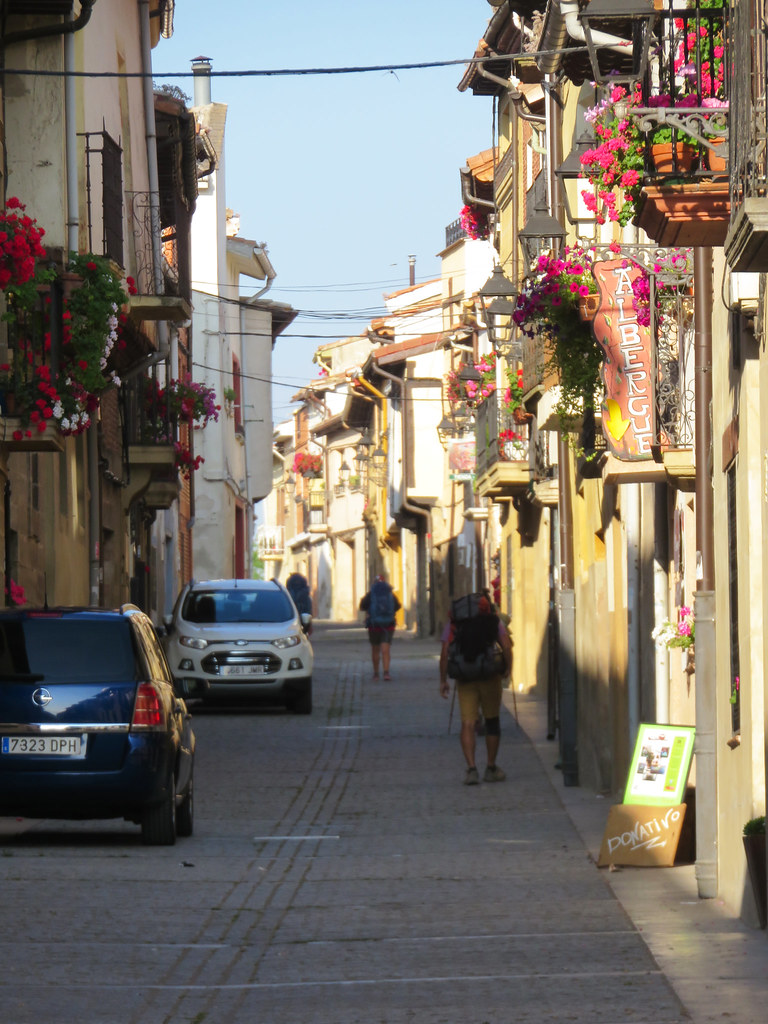
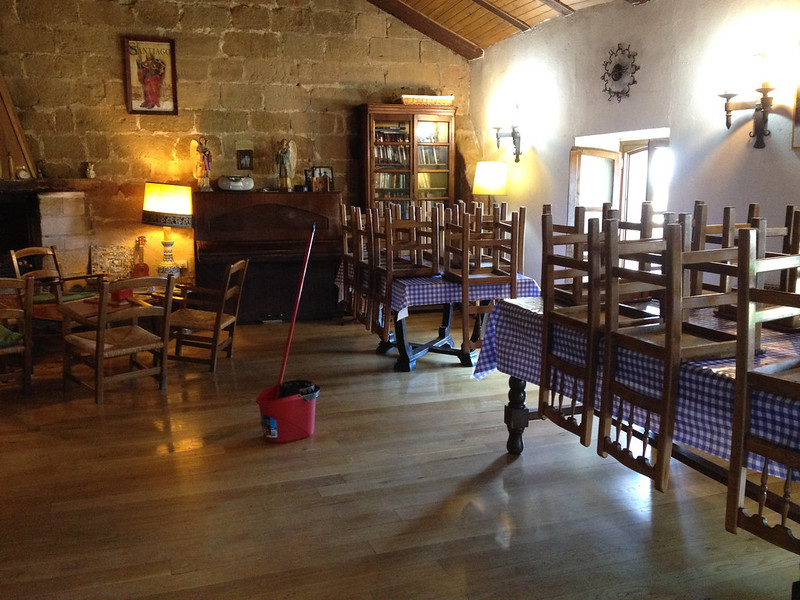
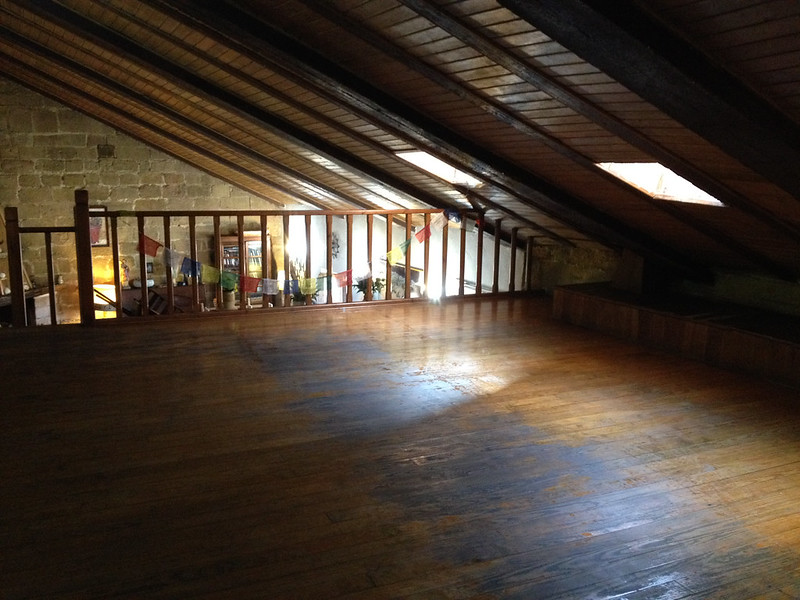
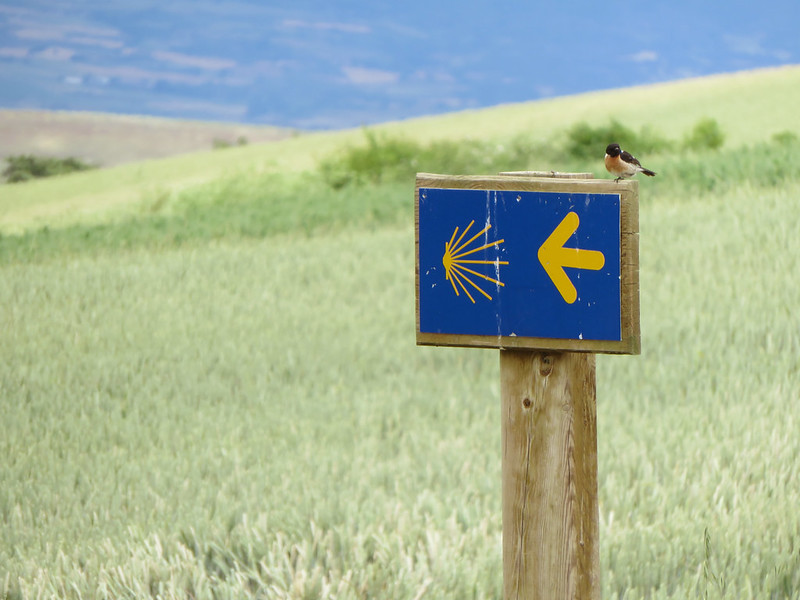
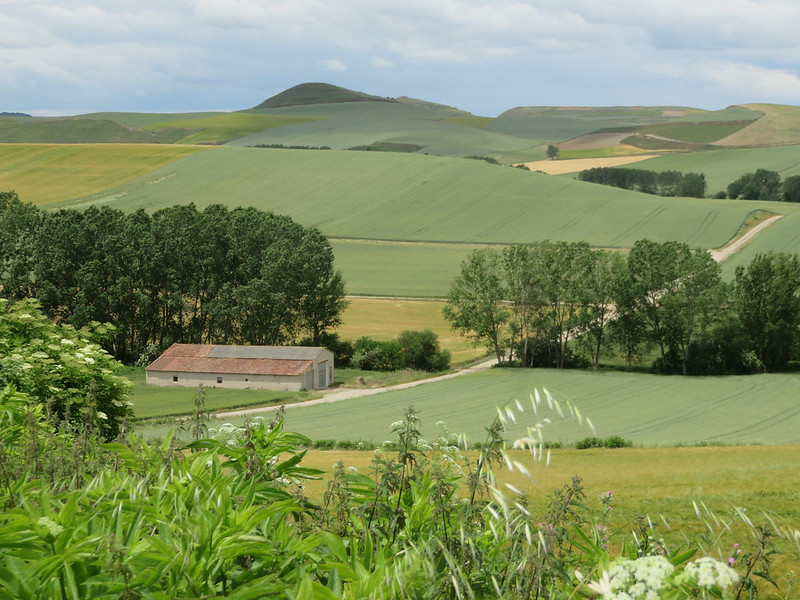
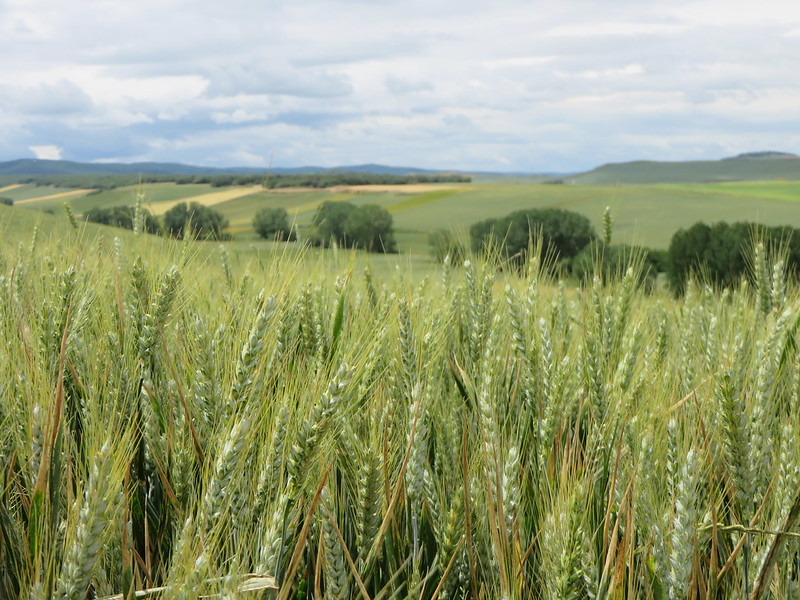
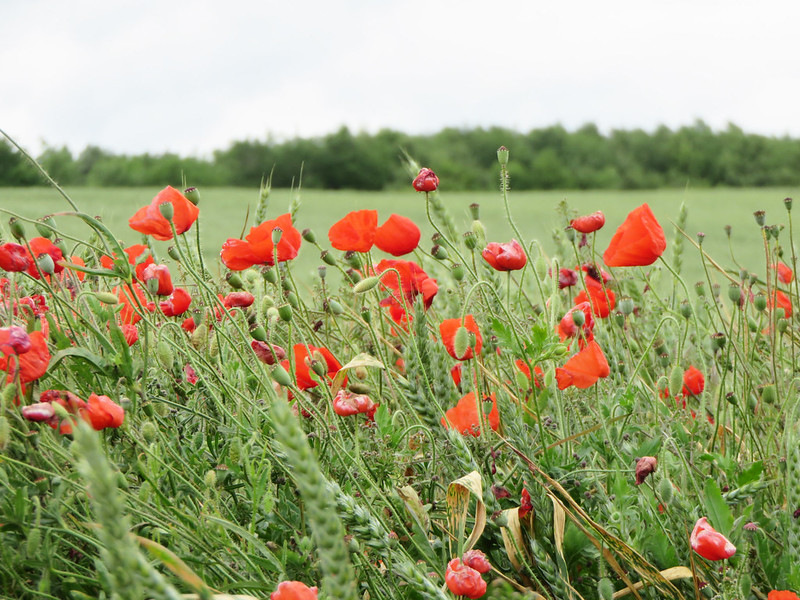
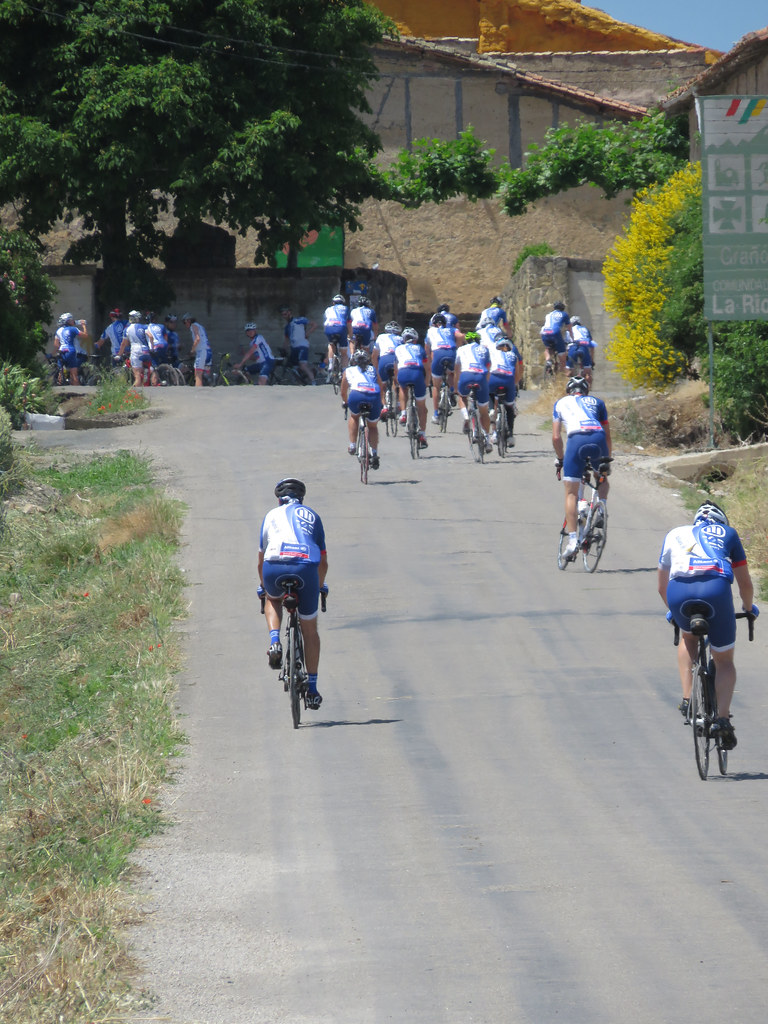
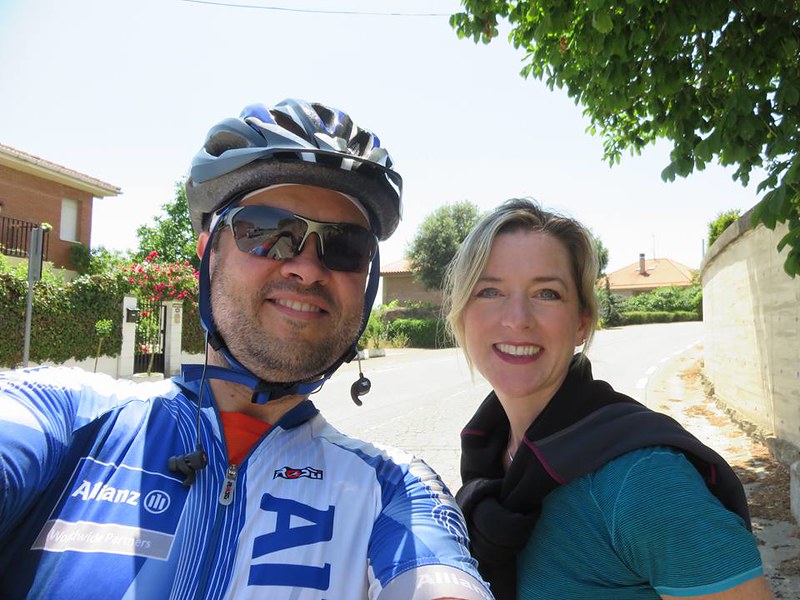
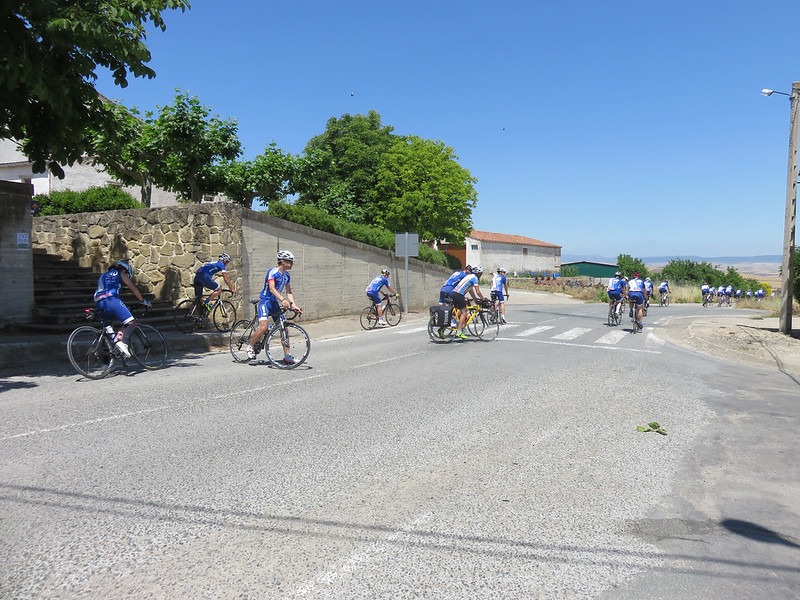
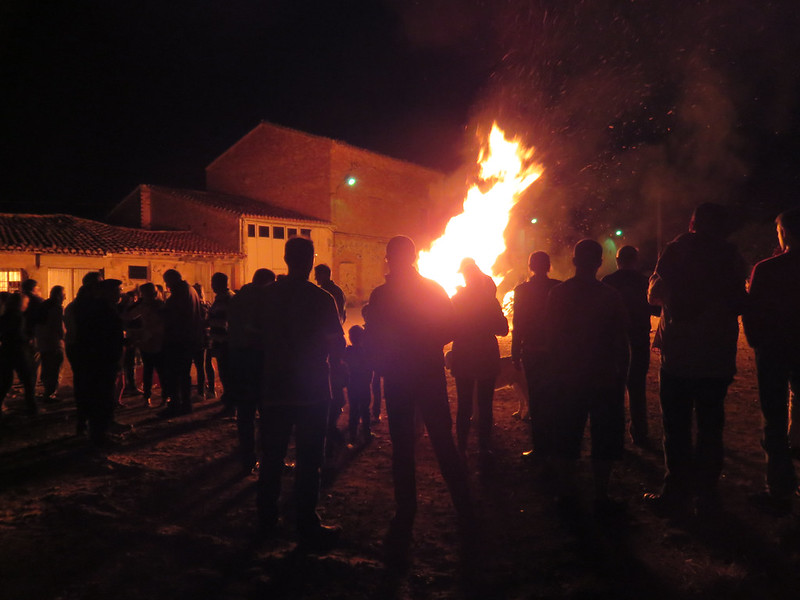
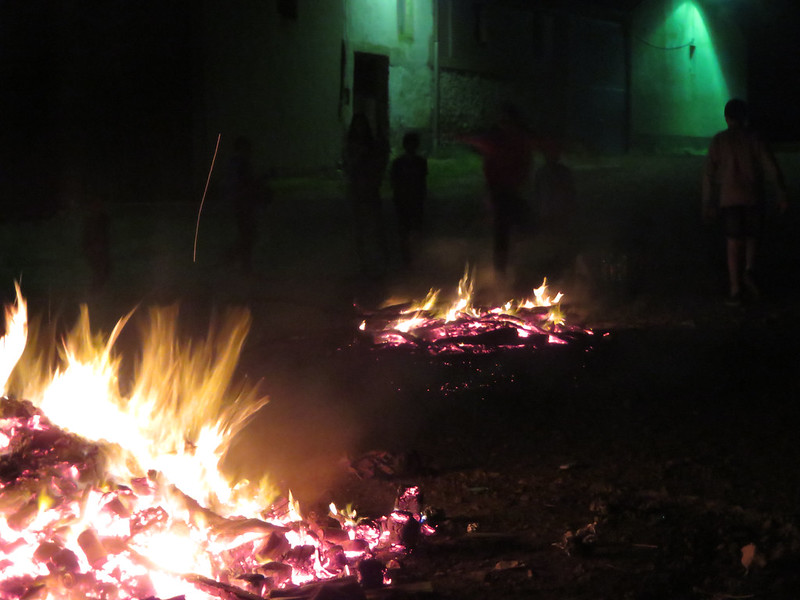
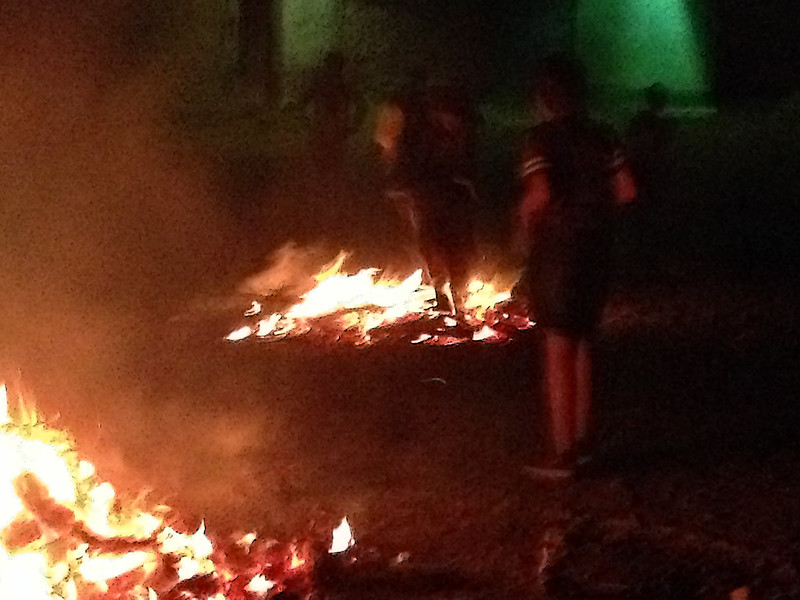
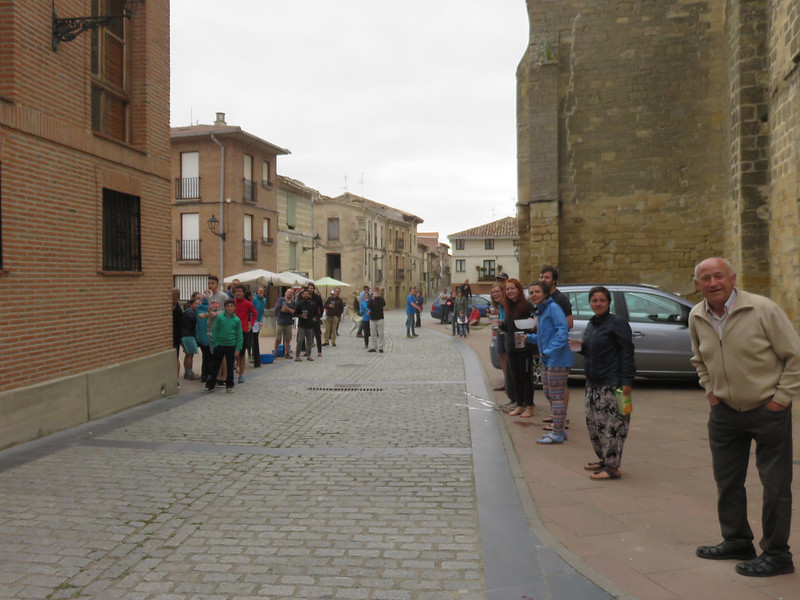
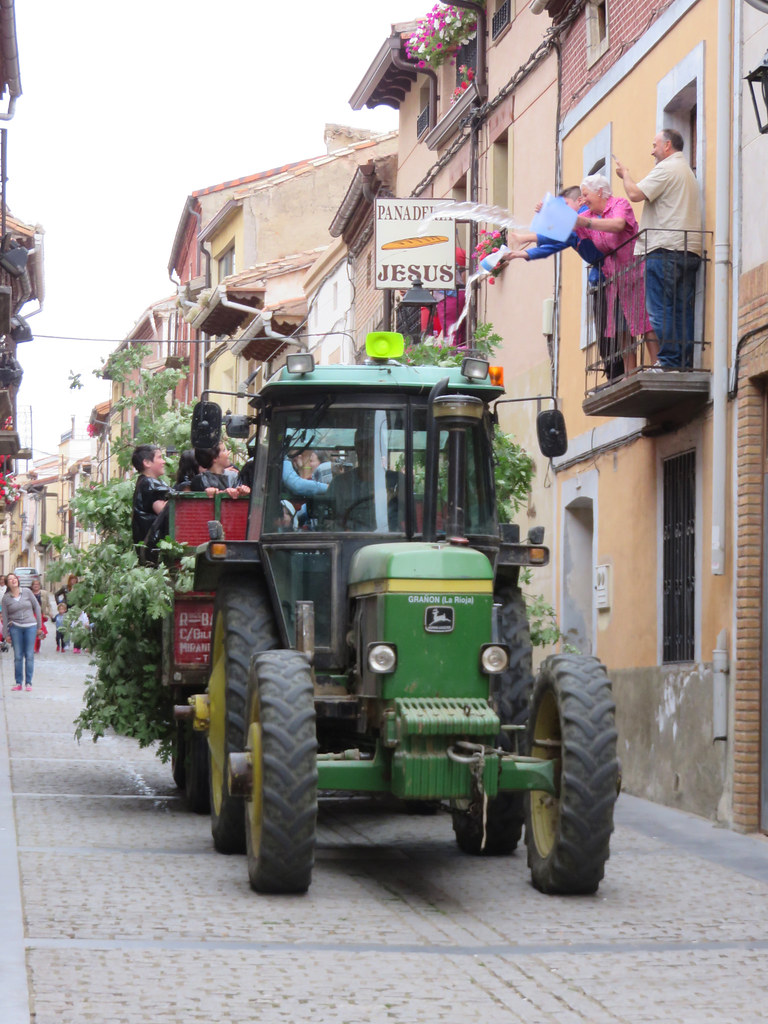
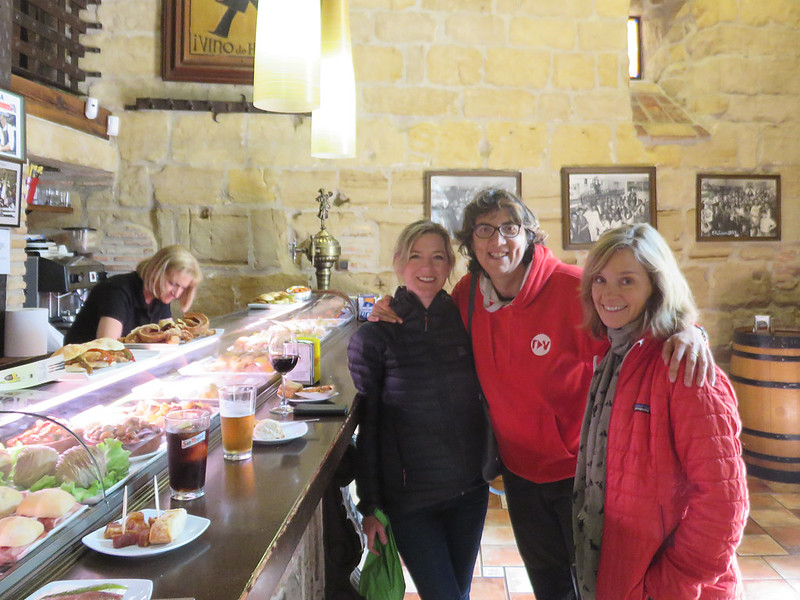
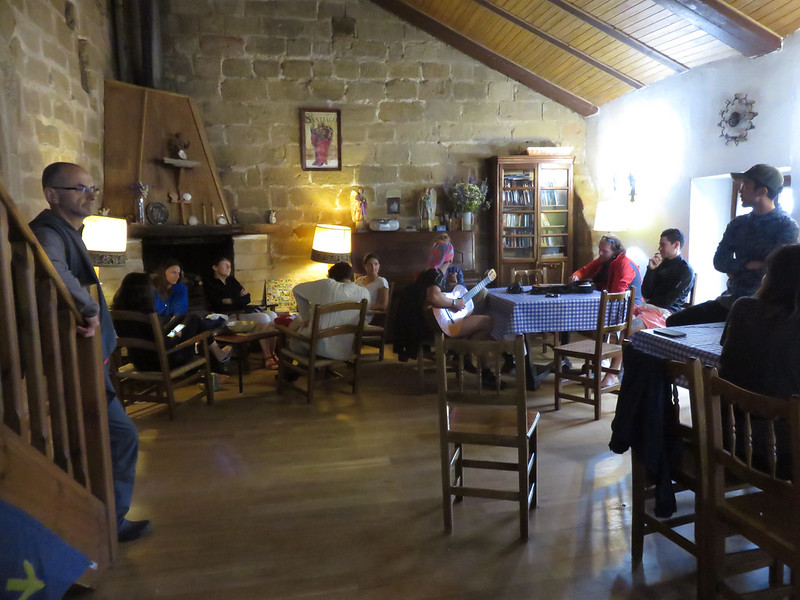
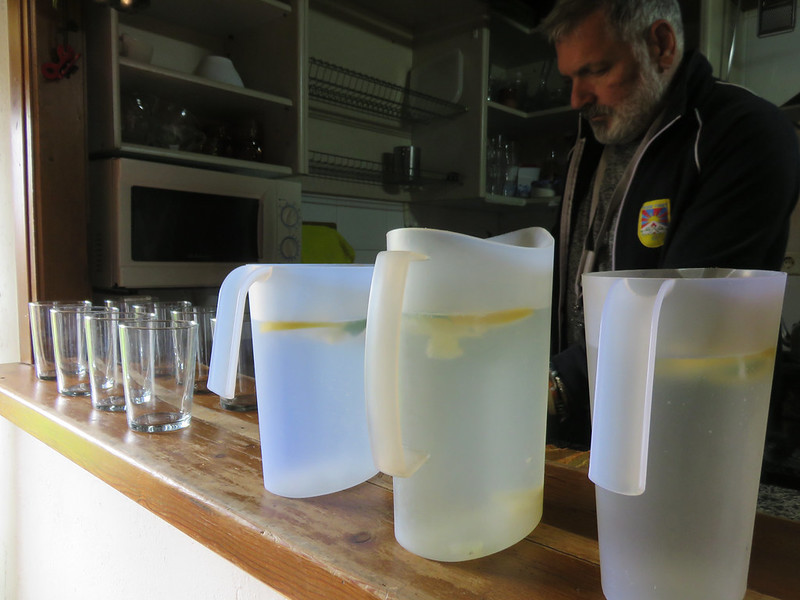
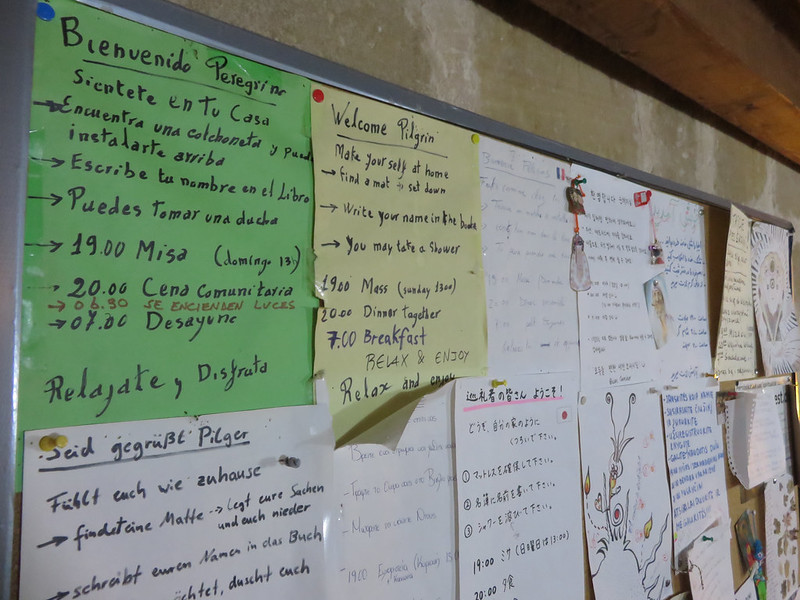
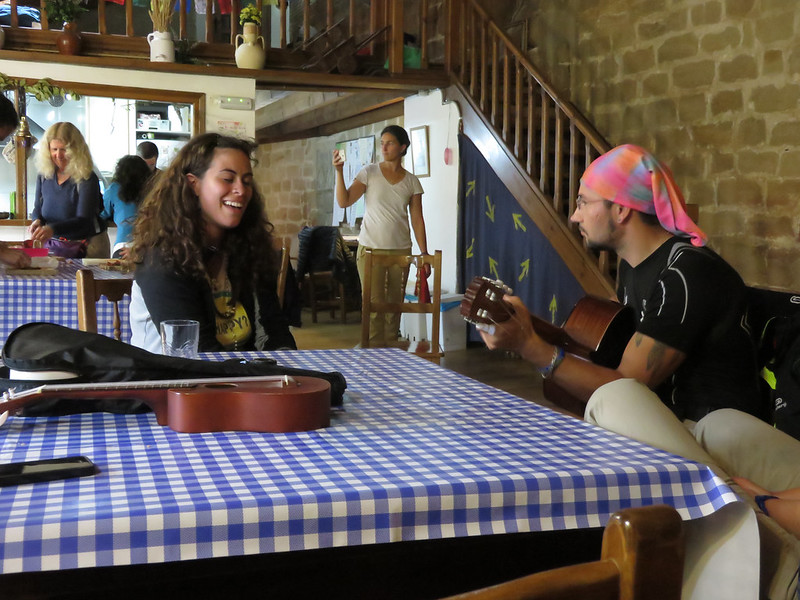
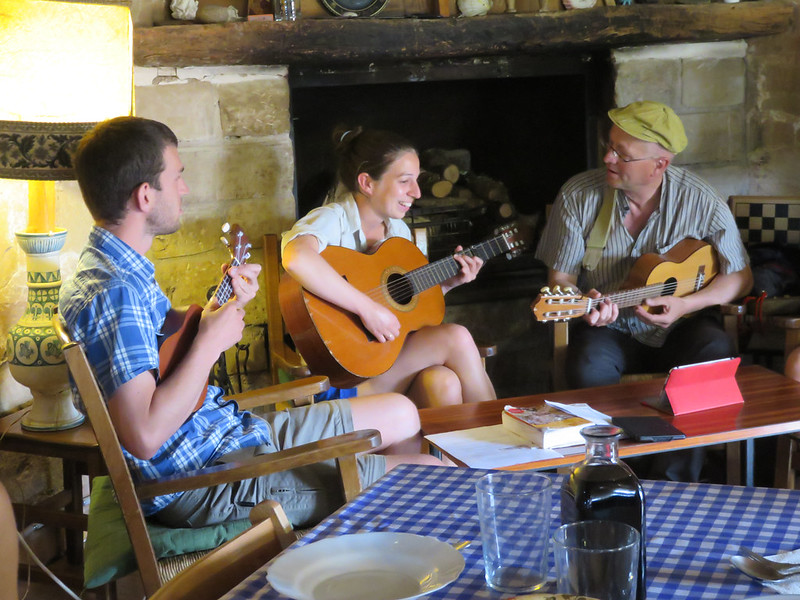
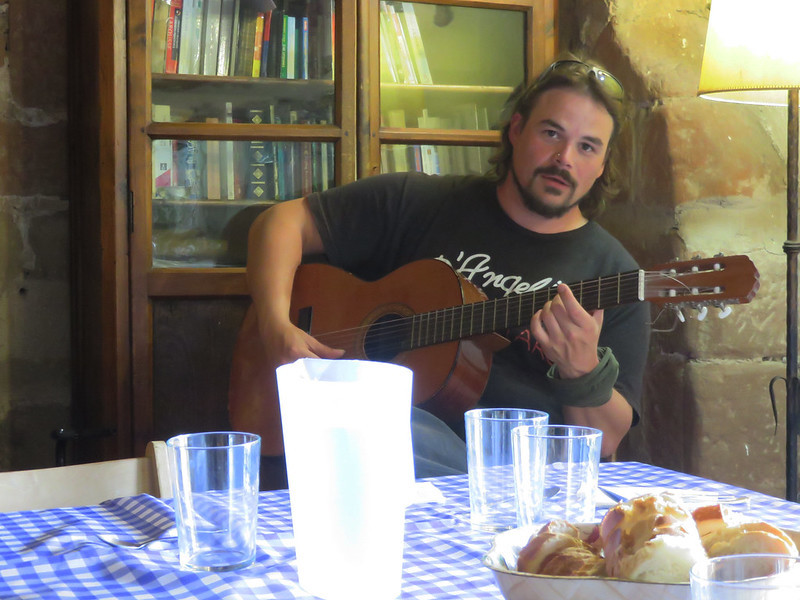
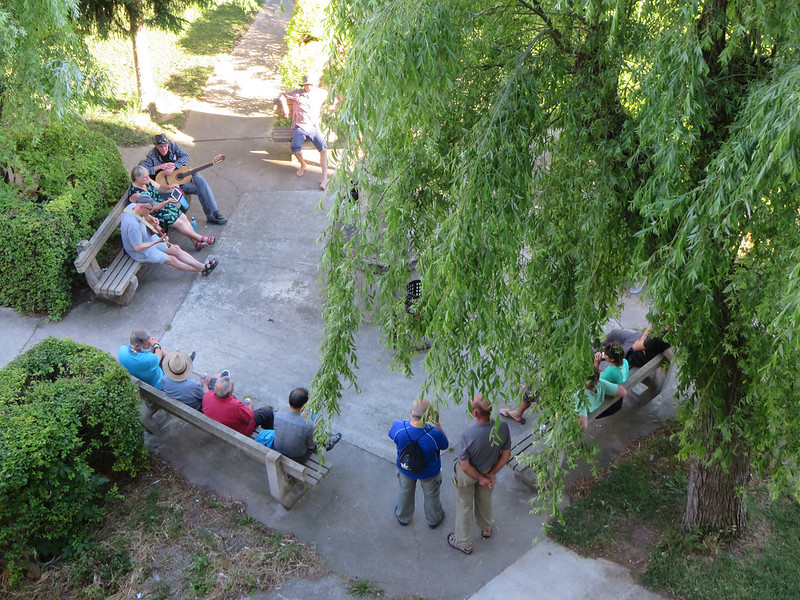
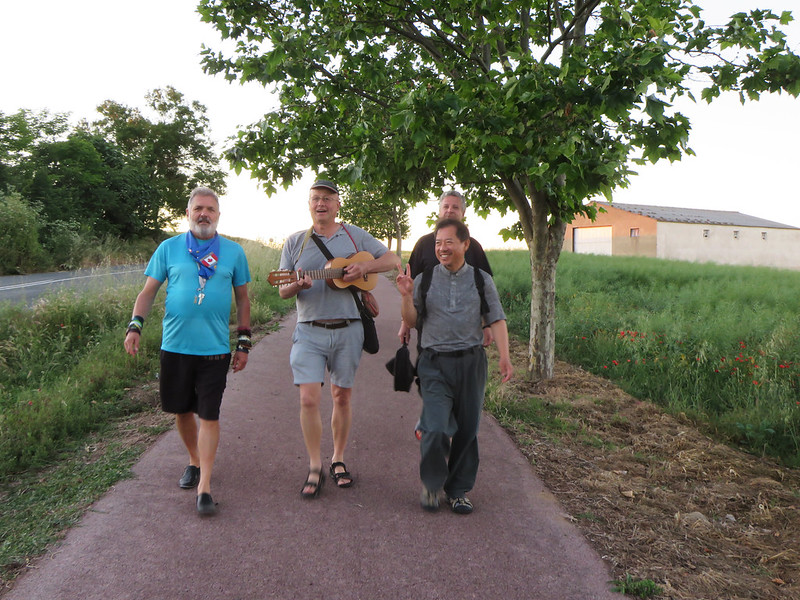
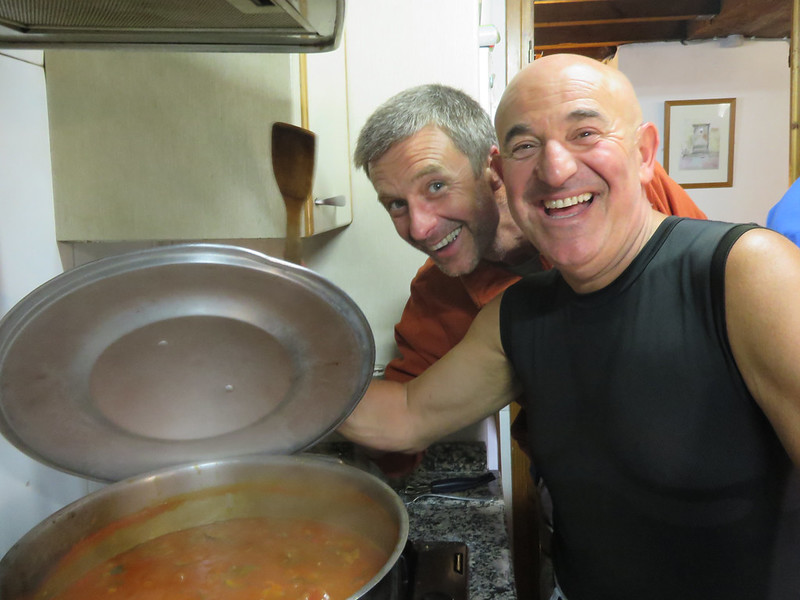
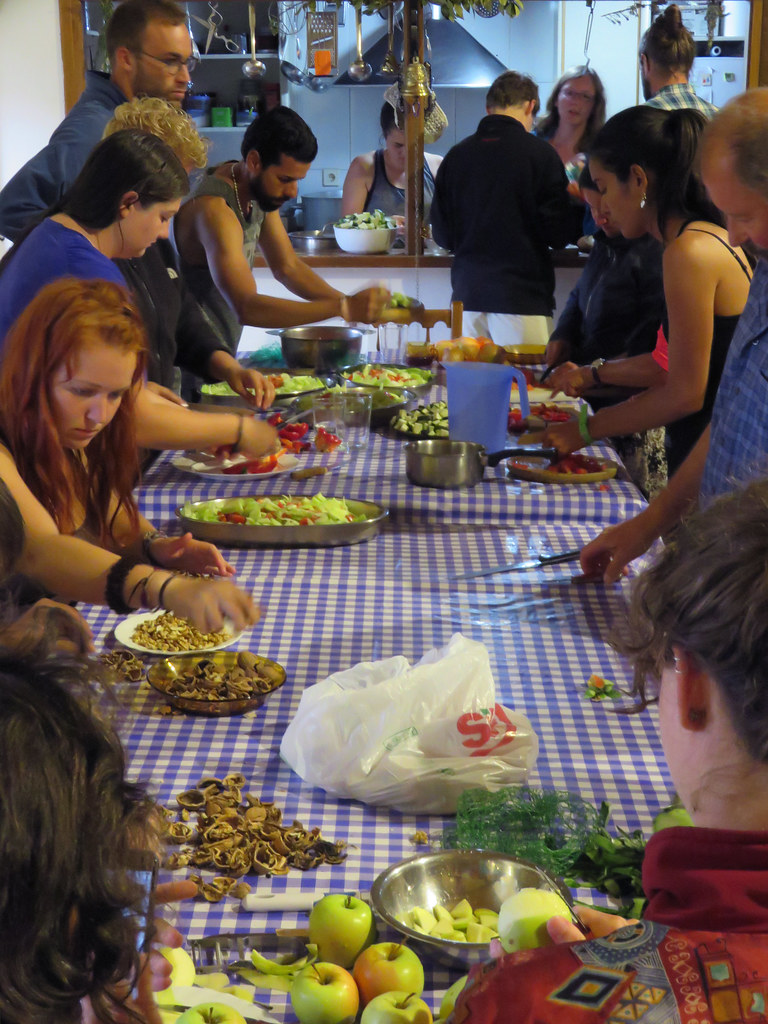
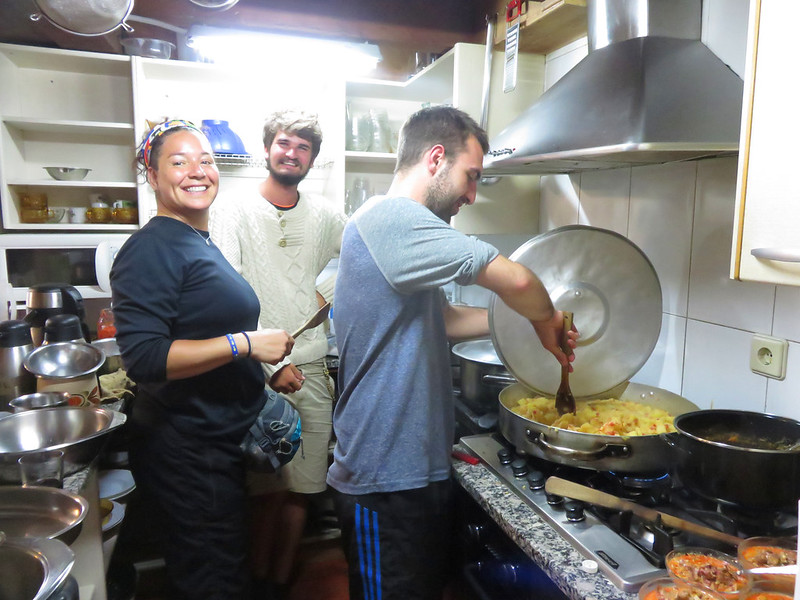
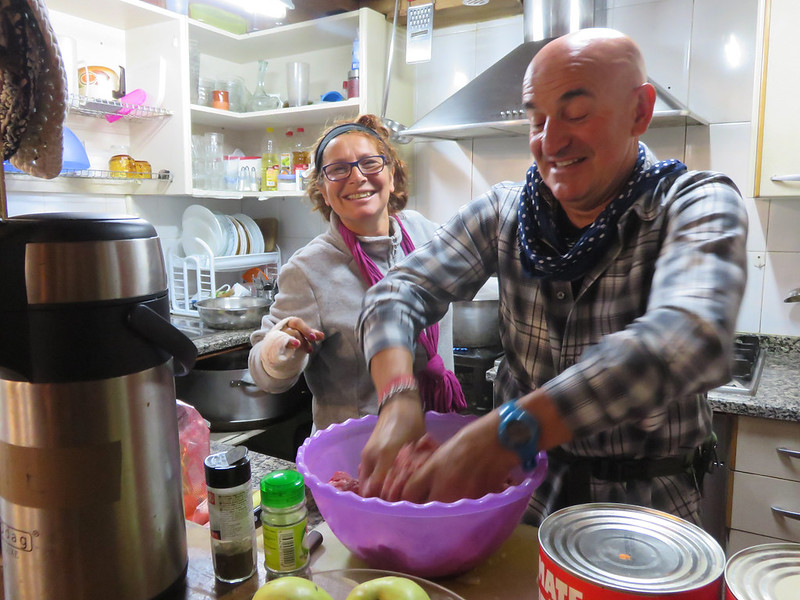
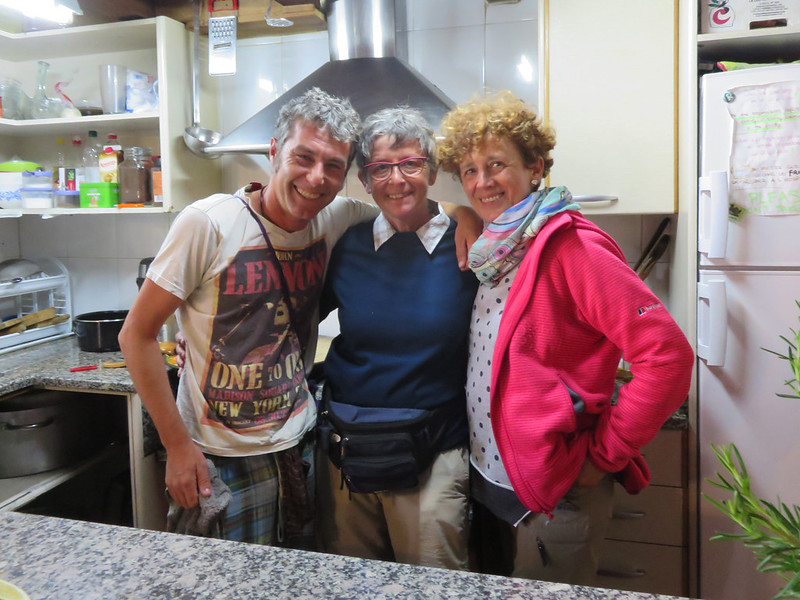
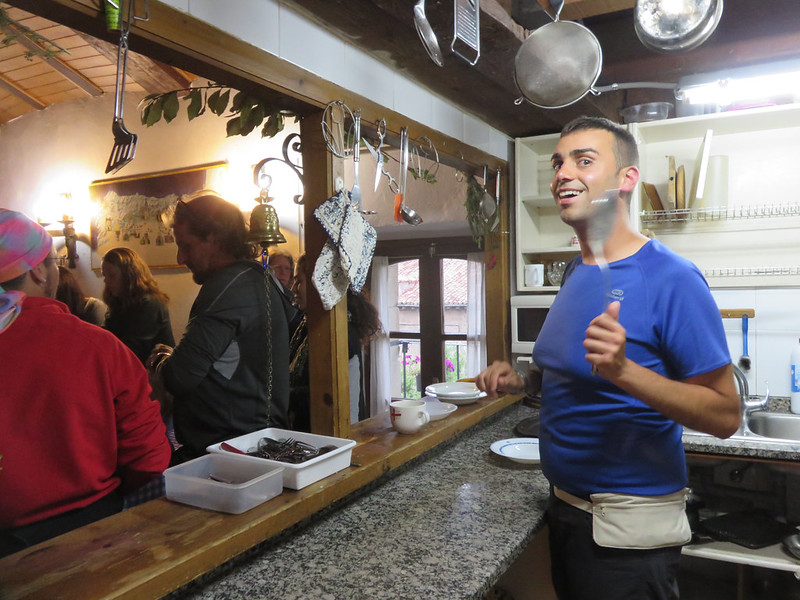
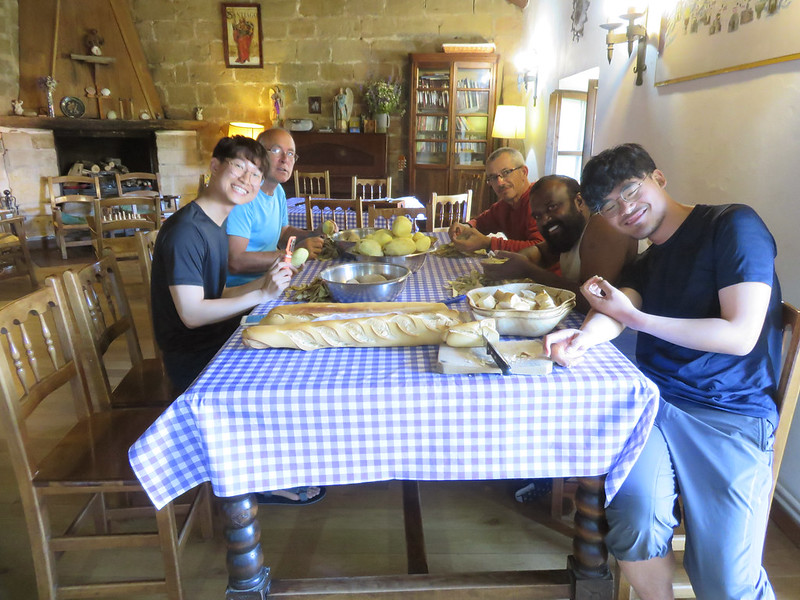
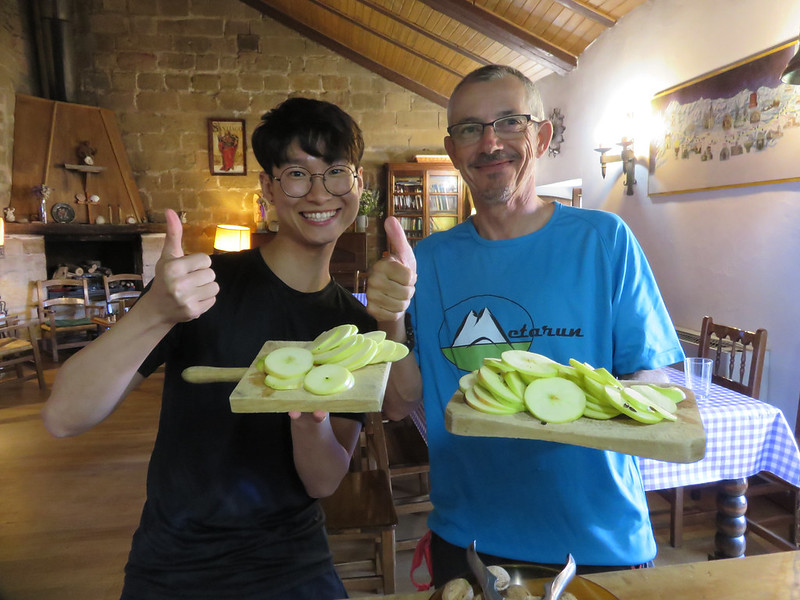
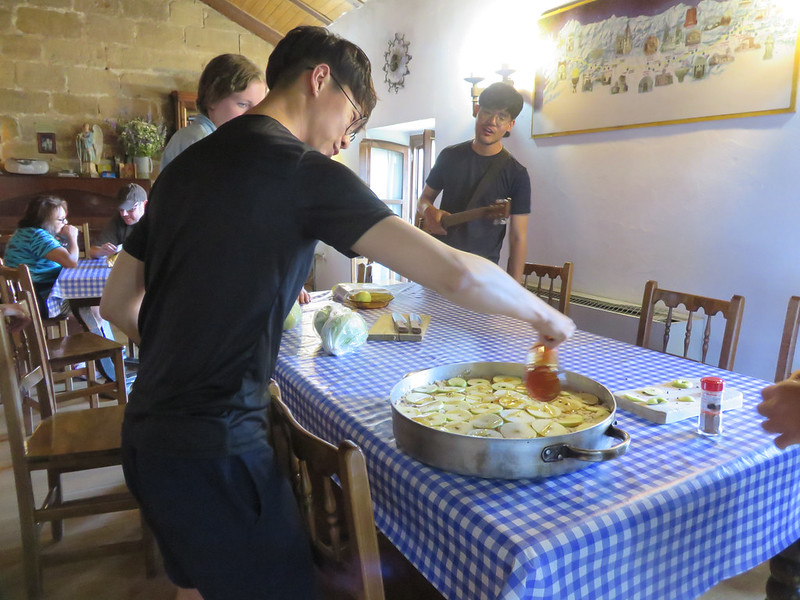
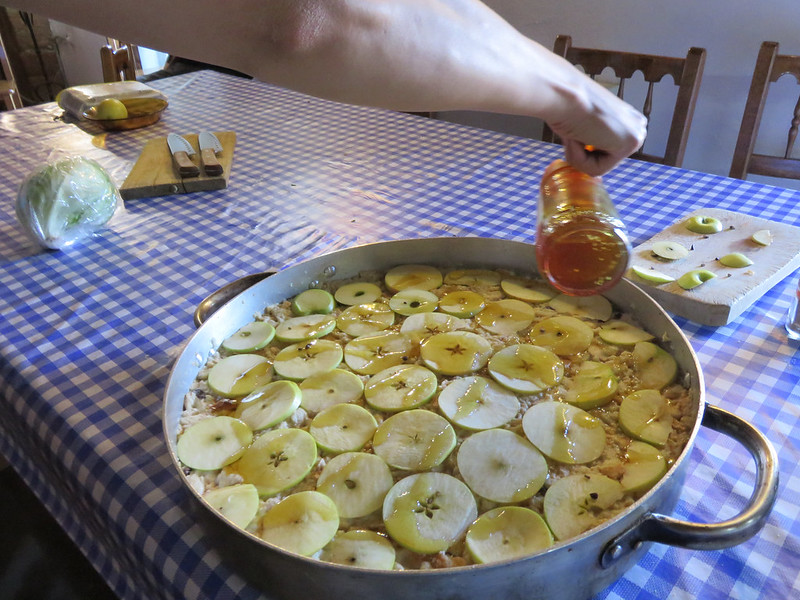
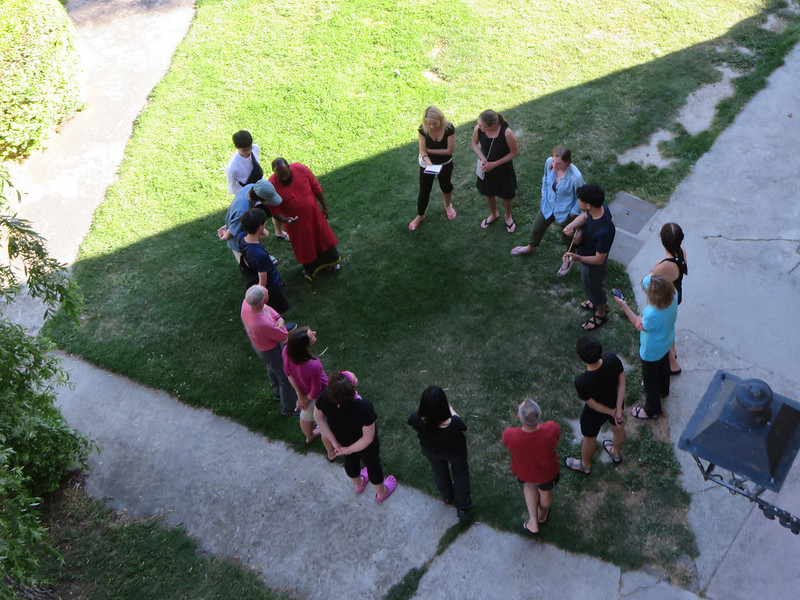
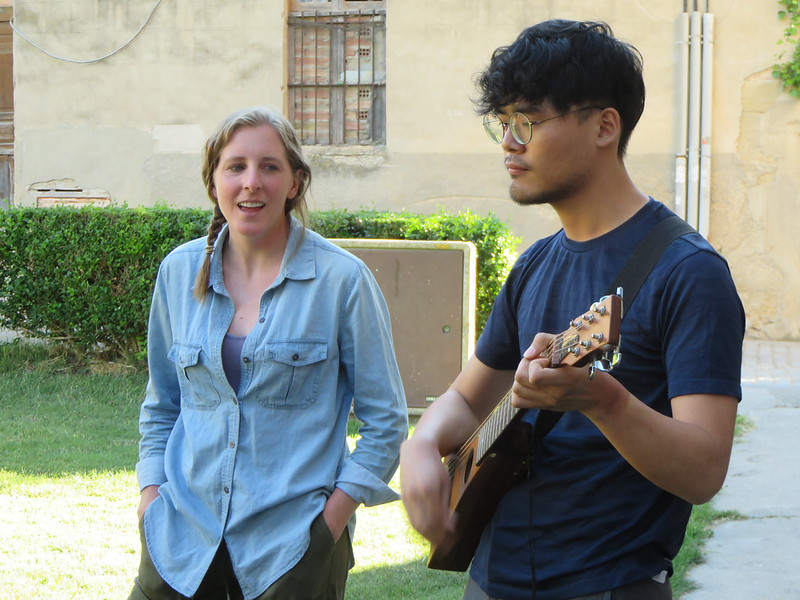
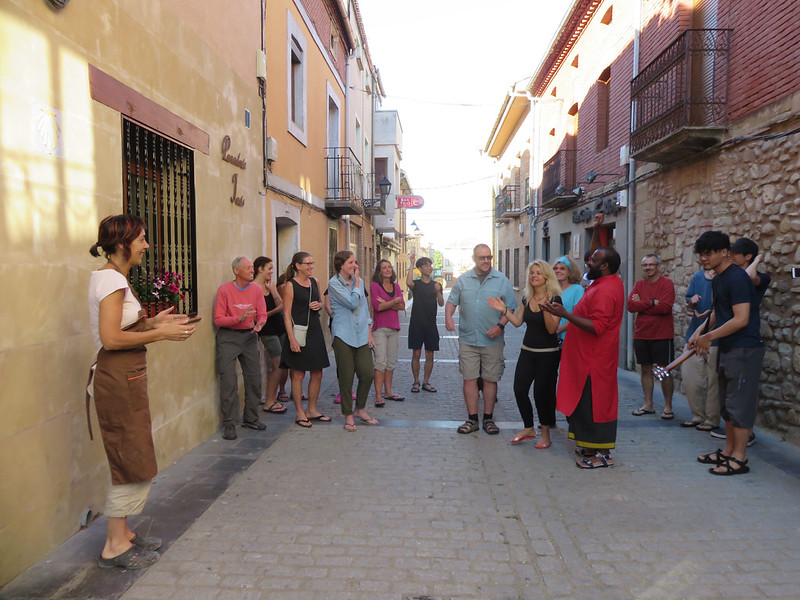
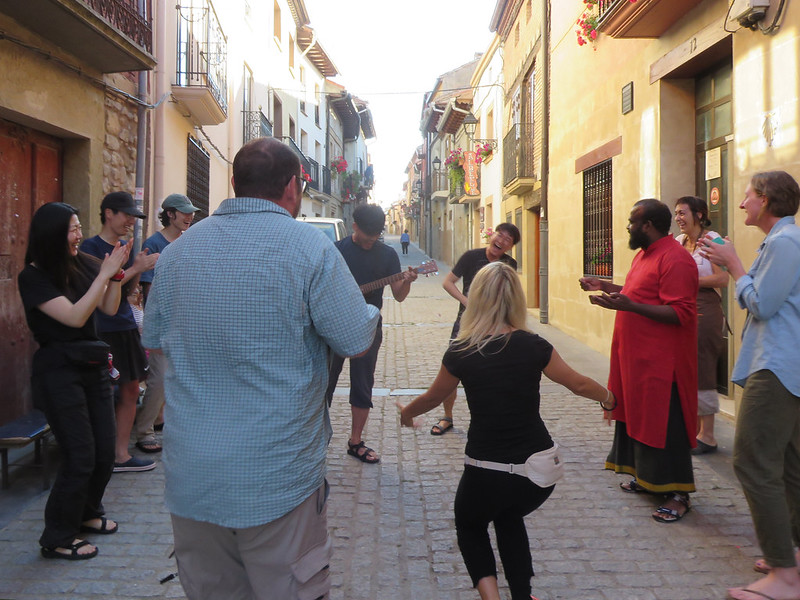
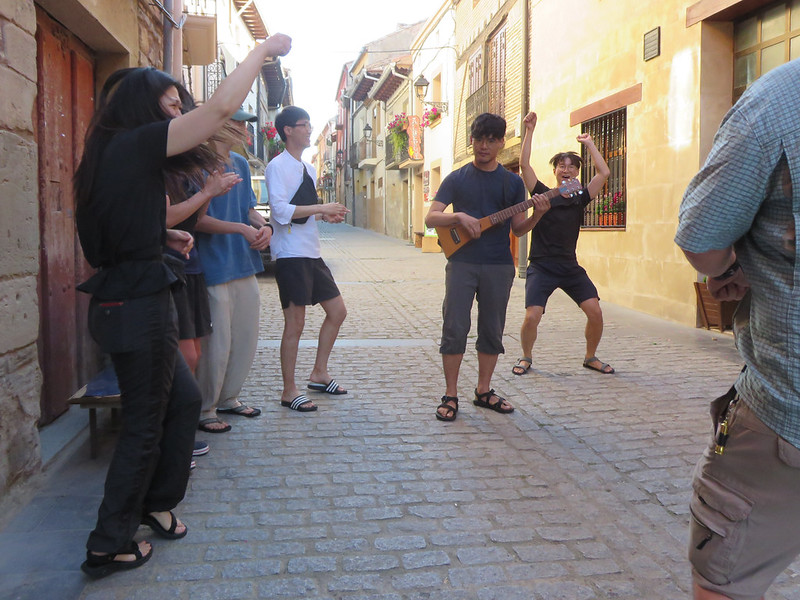
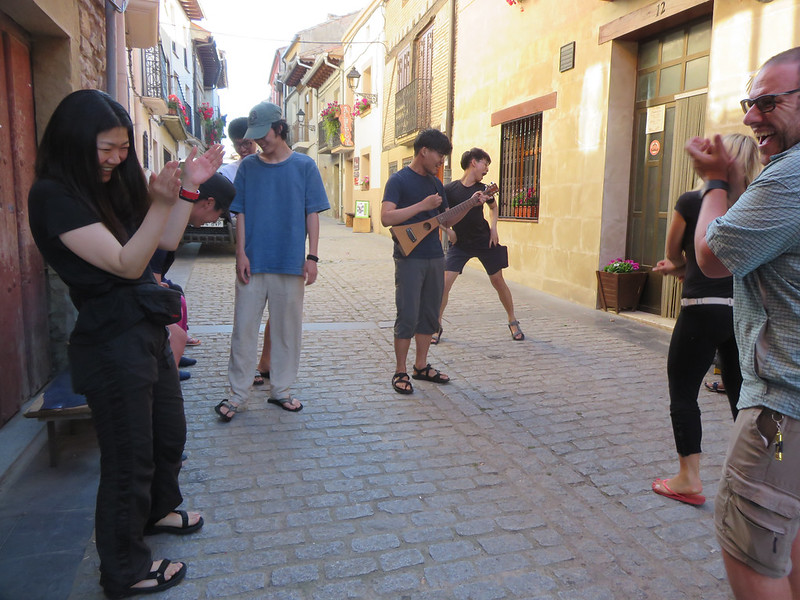
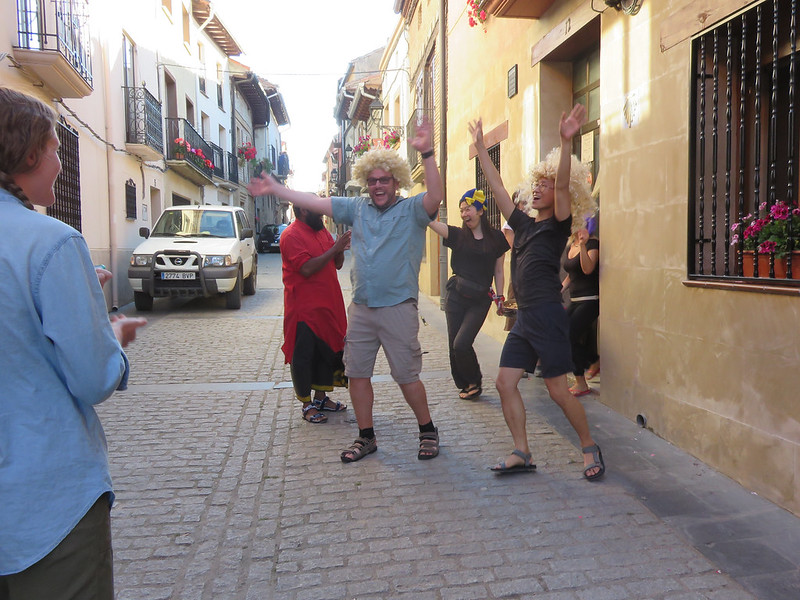
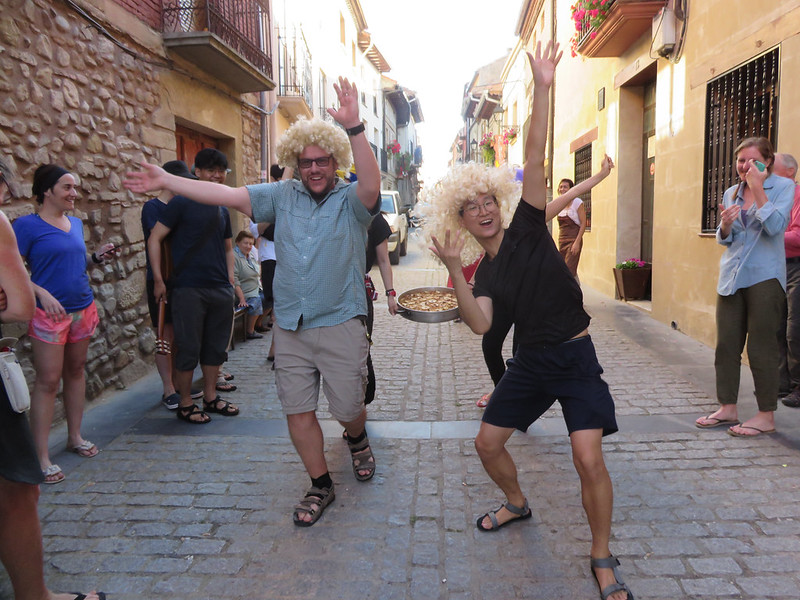
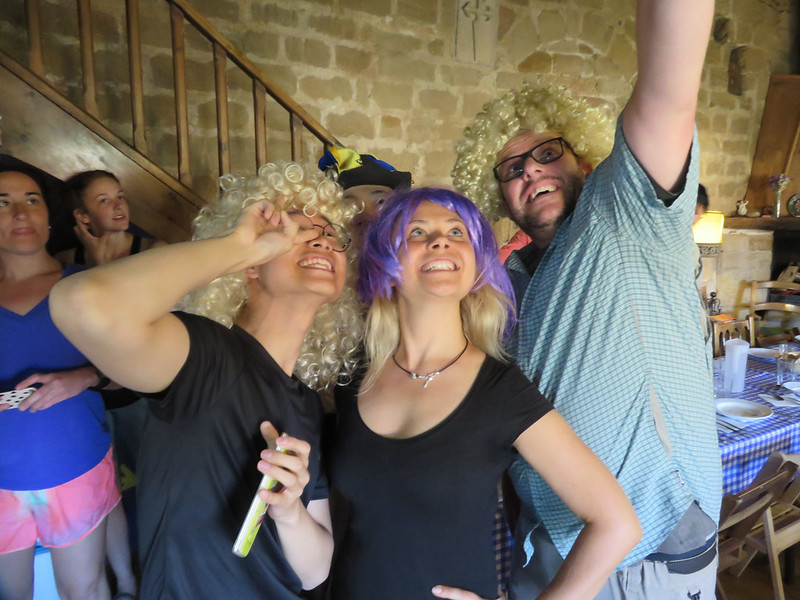
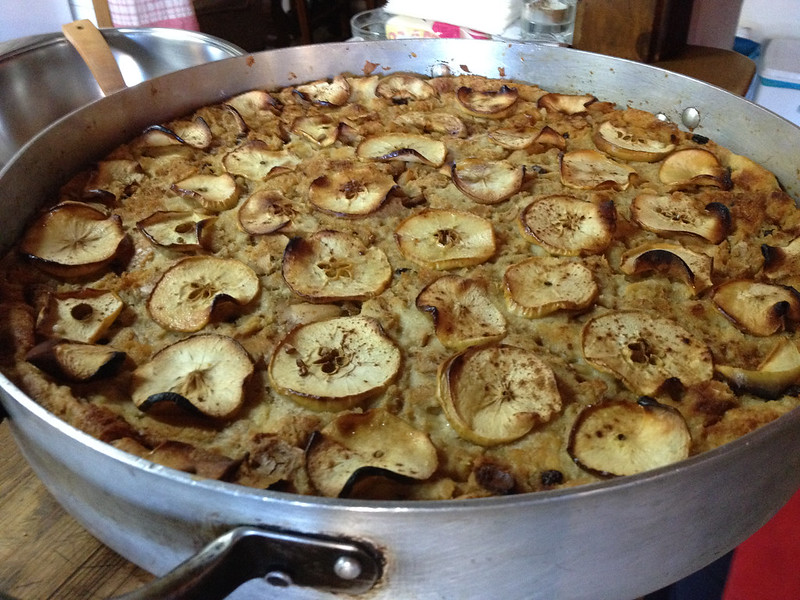
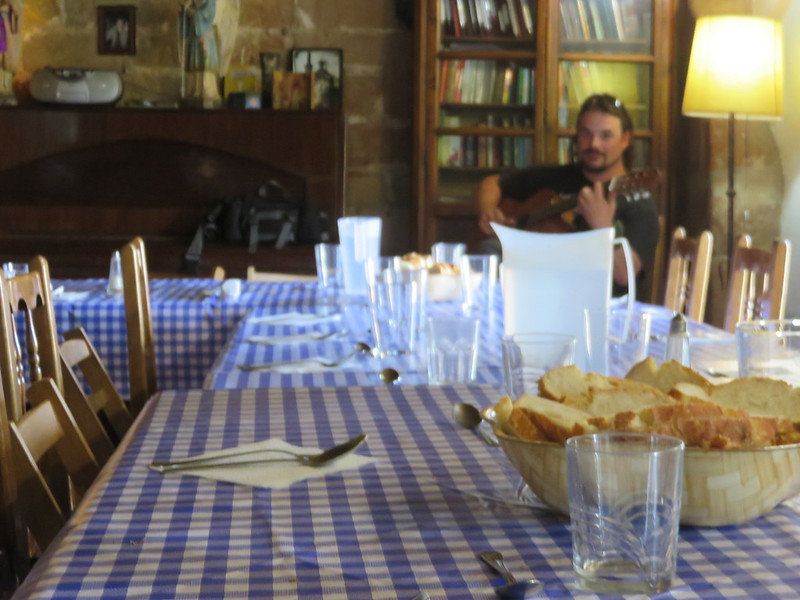
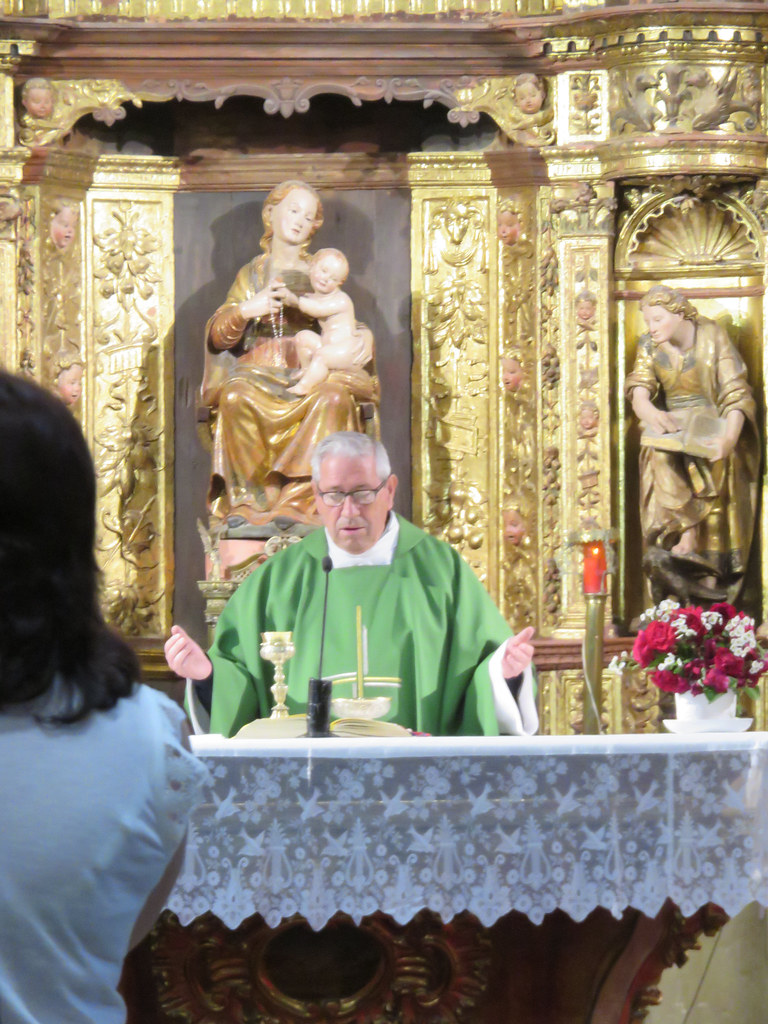
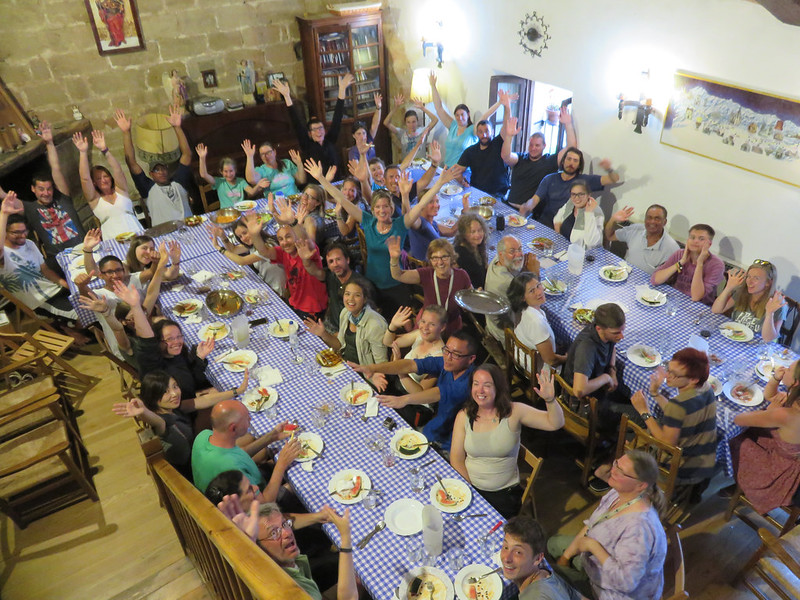
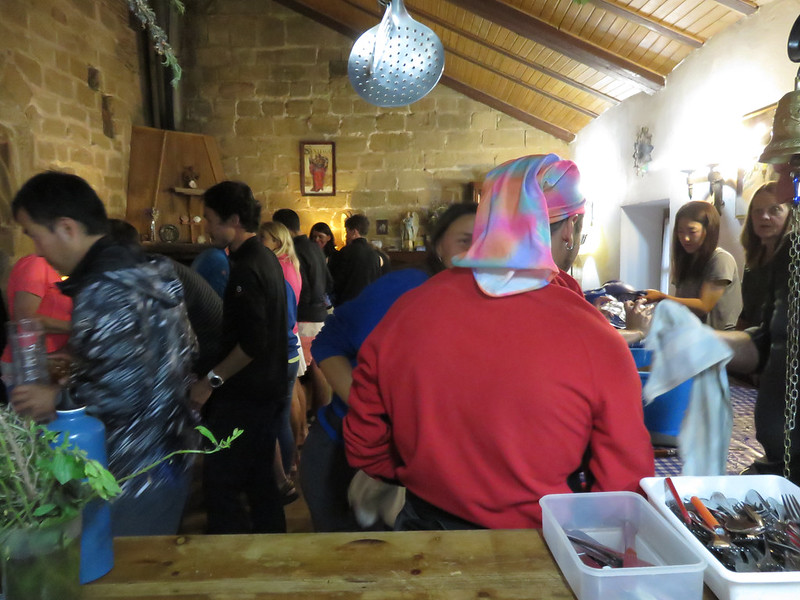
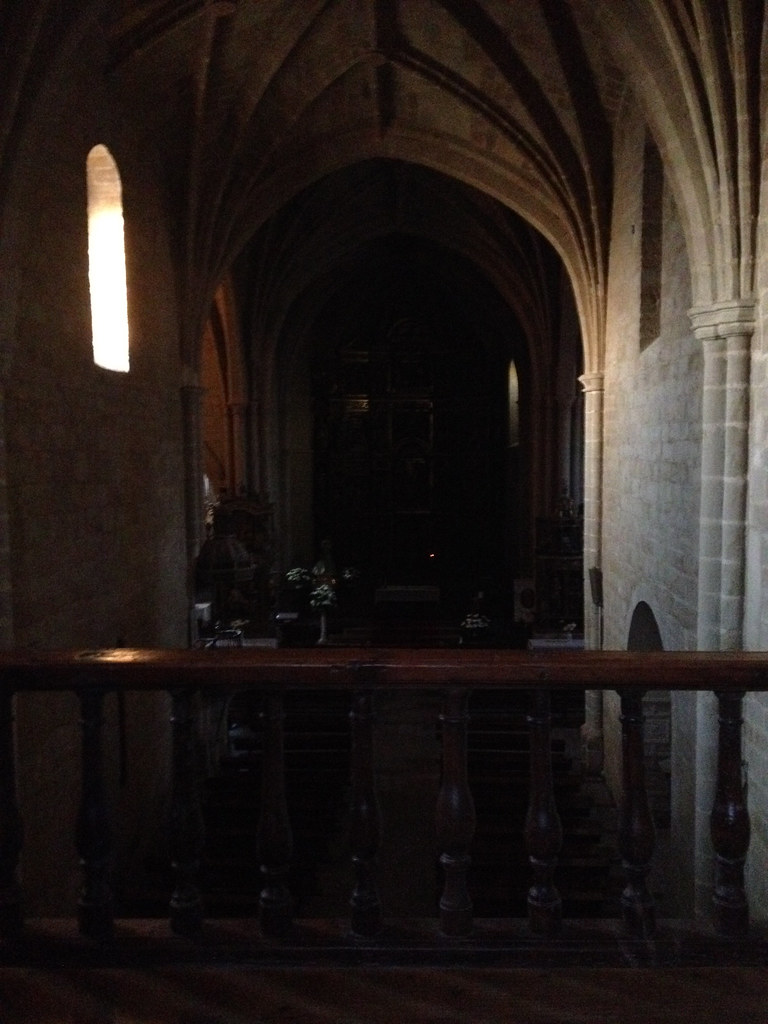
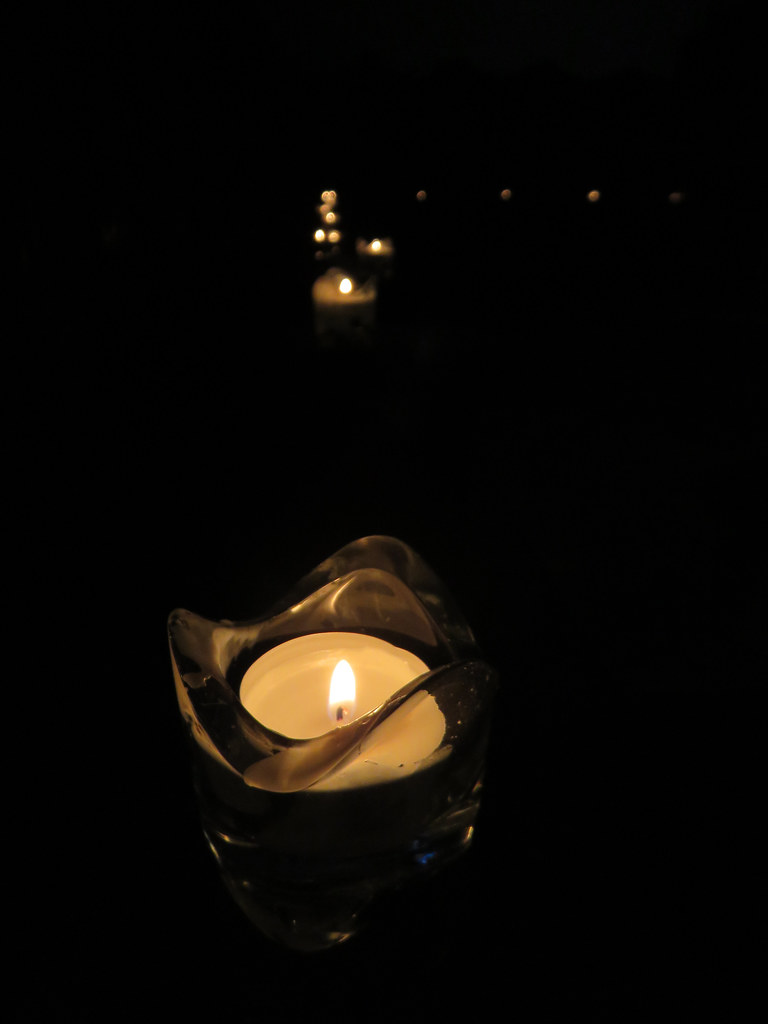
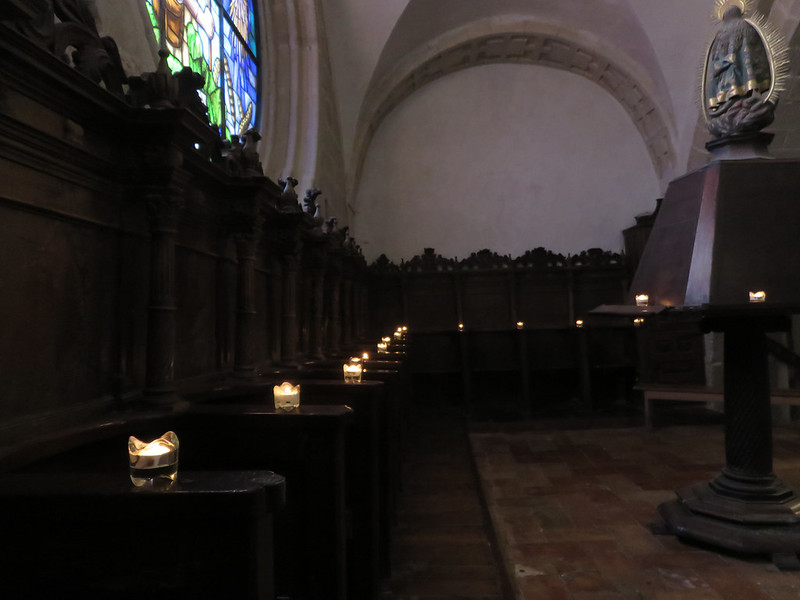
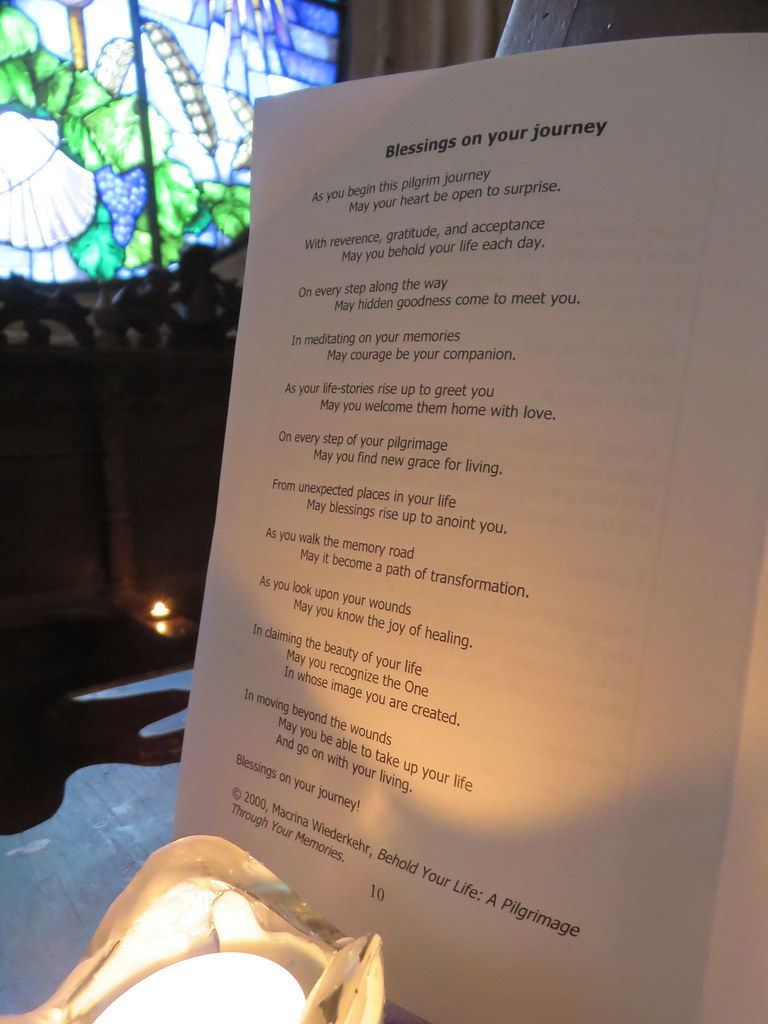
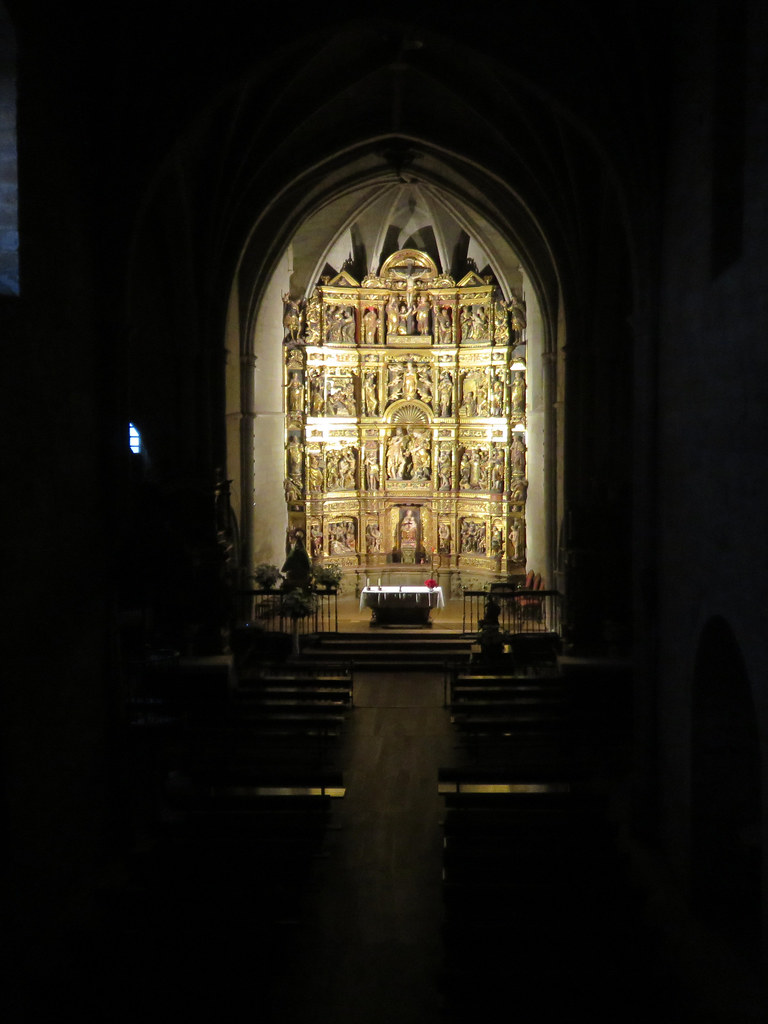
14 comments
Just ran across your blog and I was immediately transported back to Granon where I stayed four years ago. It was probably my favorite experience on the Camino to date and your writing and photos captured it perfectly. My friend Dan is currently in Uterga and heading toward Granon so I hope he stays there too.
Thank you Michael! Yes, the parochial albergue there is a gem. Many people feel the same as you, it being their favourite experience. Even my experience as an hospitalera there was probably the major highlight of my Camino this time round. The place captures the true spirit of the Camino. I hope your friend Dan takes your advice!
One single word to describe what I think about your experience: fantastic!!! I loved everything you did.
Thanks so much! I’m happy you enjoyed reading along 🙂
My wife and I stayed in Granon when we walked the Camino in 2016. Over Christmas in 2018 we were hospitaleros there. It is a special place. I both laughed and cried as I read your blog about this wonderful place. You brought back many memories. Thank you!
Thank you so much for sharing Phil! You would have stayed at this albergue the same year I volunteered there. I was there in June 2016. Unlike you and your wife, I had not stayed there previously on my first Camino (2013), however, Grañon did hold very special meaning for me, hence the reason why I chose that village to volunteer in. The story is part of my 2013 journals in my blog (https://mymeseta.com/9-let-go-of-the-old/). It’s a wonderful place. I’m happy that you also had a beautiful experience there <3
I walked my first Camino in 2013, too July thru August and have done a few more since then. I was surfing the internet reminiscing and came across your blog. Brought back a lot of memories. Thanks.
So 2013 was a special year for us both then! And great you were able to return a few more times. I was back once, but I think I’m ready for another journey. I’m glad my blog could bring you back there <3
I went back to the Frances last September thru October. I only had about a month, so I walked from Pamplona to Santiago. Overall it did come across as business as usual post covid, though there were some albergues that had no reopened.
Ahh nice! I think fall is such a beautiful time to walk. It was my fav over spring and I’d do it again that way next time, to be honest. I’m glad to hear the Camino hasn’t changed much. Sad to hear of some albergues not reopening though.
Hi Tania
Your blog is wonderful to read .
I recently was a Hospi at Granon June 2024
And your blog resonates as majority of daily life as volunteer is the same
It’s a special place & I had best co hospis
Aww thank you Deb! You were just there! Wonderful! I sure miss it. Granon certainly is a special place. I’m happy to hear it’s the same…hope it never changes. 🙂 <3
Wow, merci Tania! So many wonderful stories here. I too have walked the Camino in 2013. Did not stay in Granon, but will put on my list for the next… I was thinking about volunteering to be an hospitaleros, but now because of your post, I am convinced I will. Merci!! 🙂
Daniel, Granon was such an amazing place to volunteer. My mom has also volunteered on the Camino but in Rabanal del Camino. She loved it as well. It’s neat to be on the other side of the Camino experience welcoming pilgrims, getting to know them, and then saying goodbye the next morning. Glad the post inspired you! 🙂